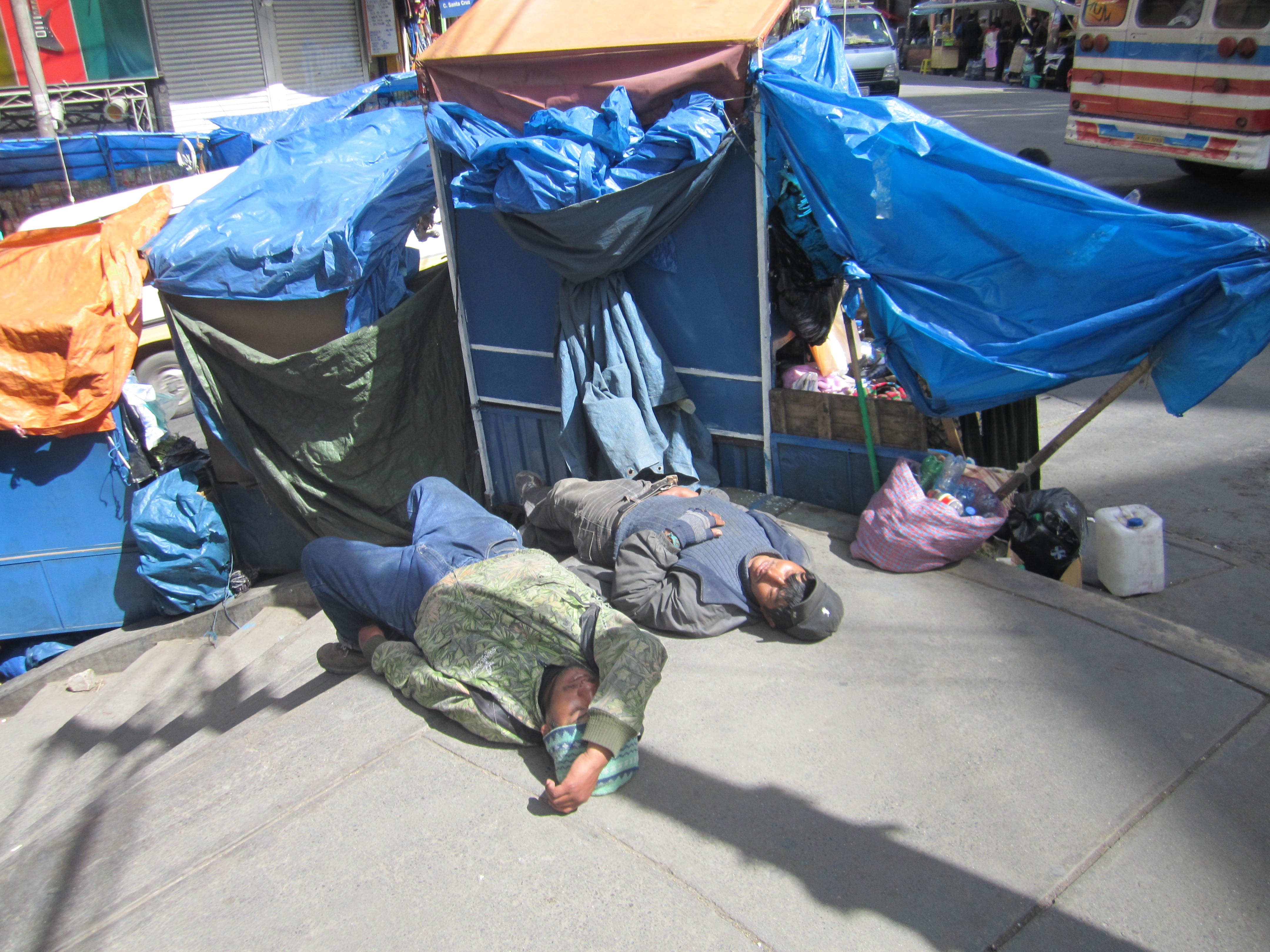Your cart is currently empty!
Blog
-
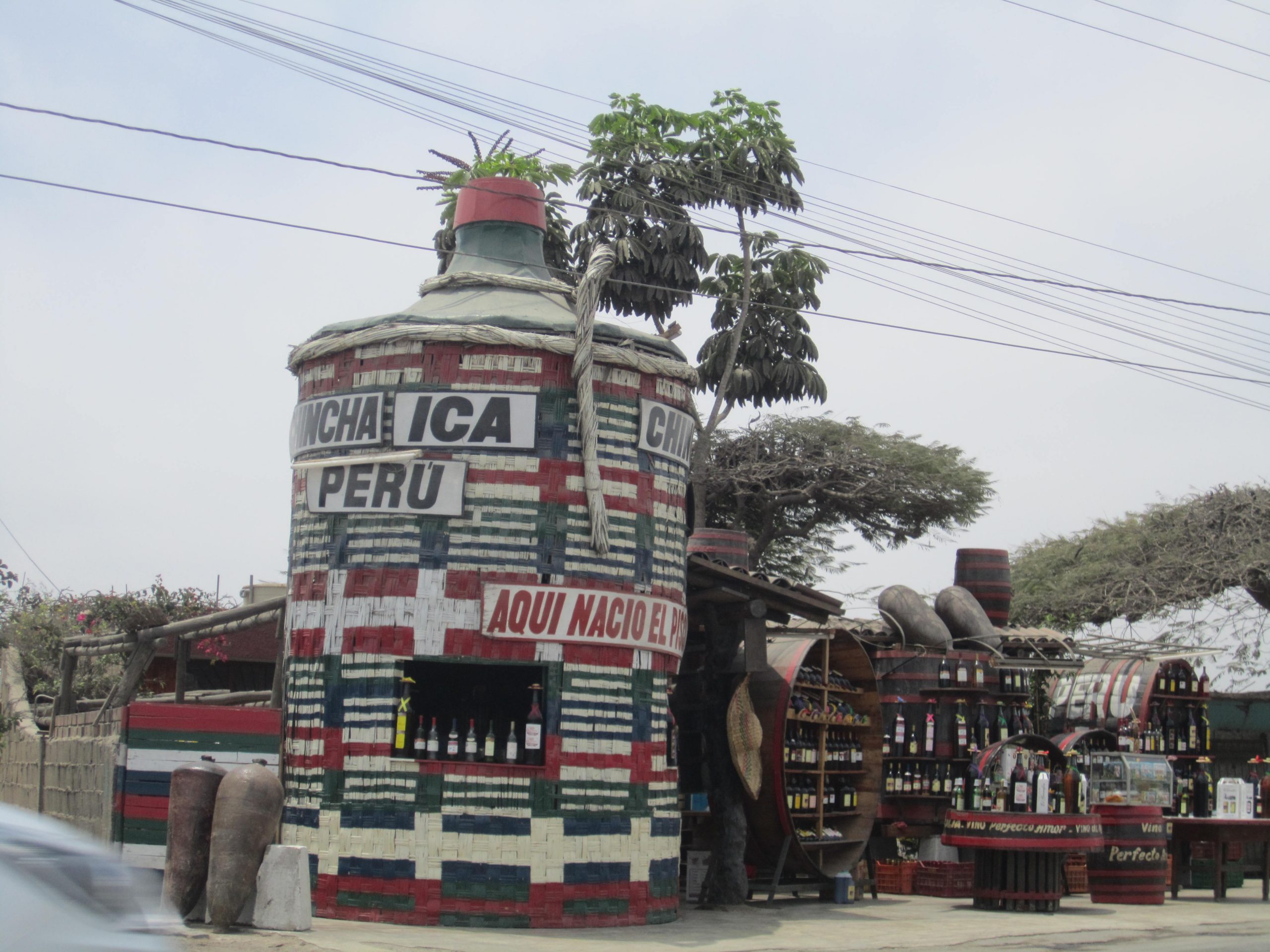
New ACORN Group in Chincha, Peru
Scenes of Chincha & ACORN Chincha Members
Wine is made in Chincha.
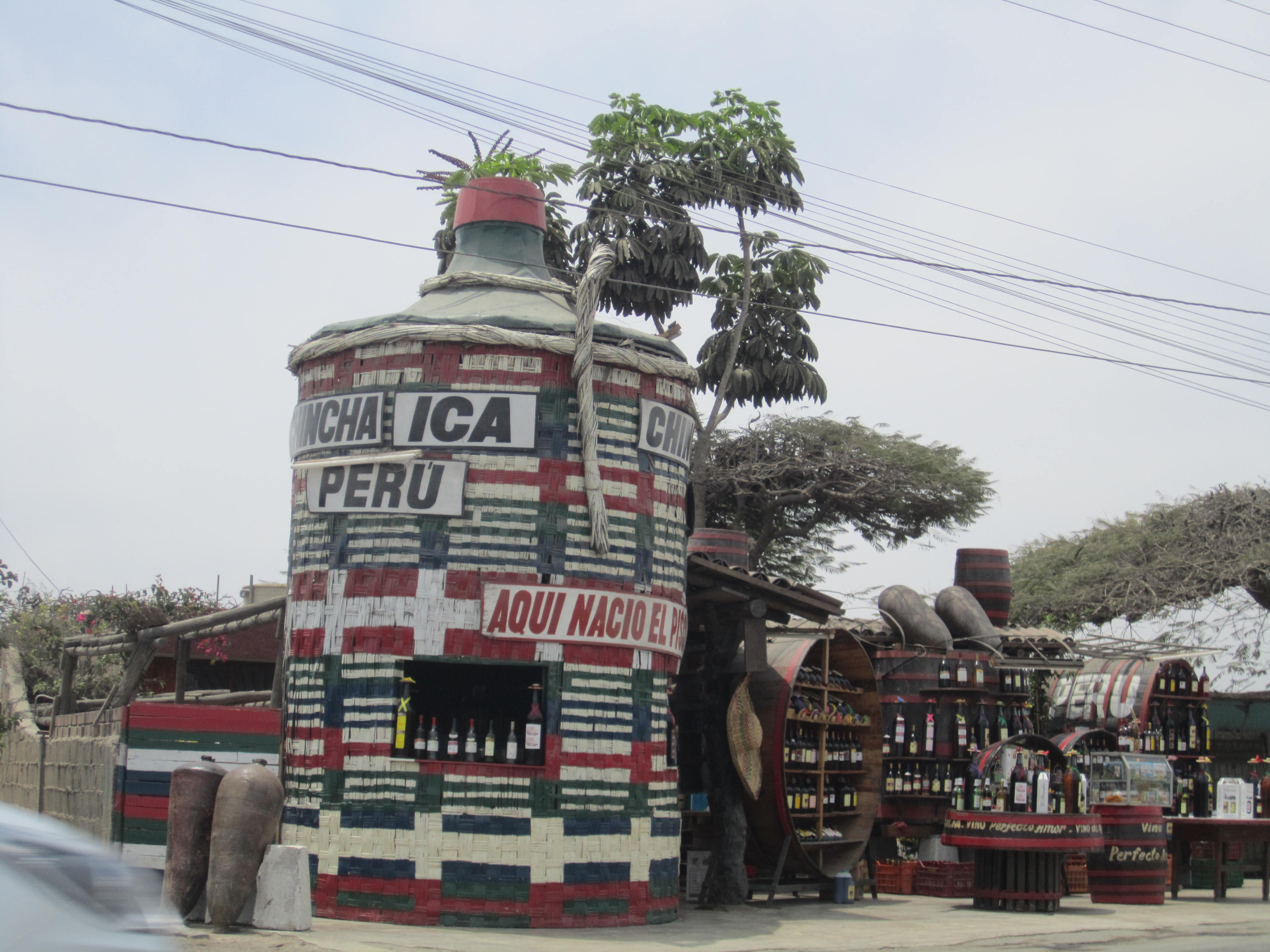
Motor rickshaws in Chincha.

Orfa Camacho, ACORN Peru, debates selling Pisco to achieve sustainability.
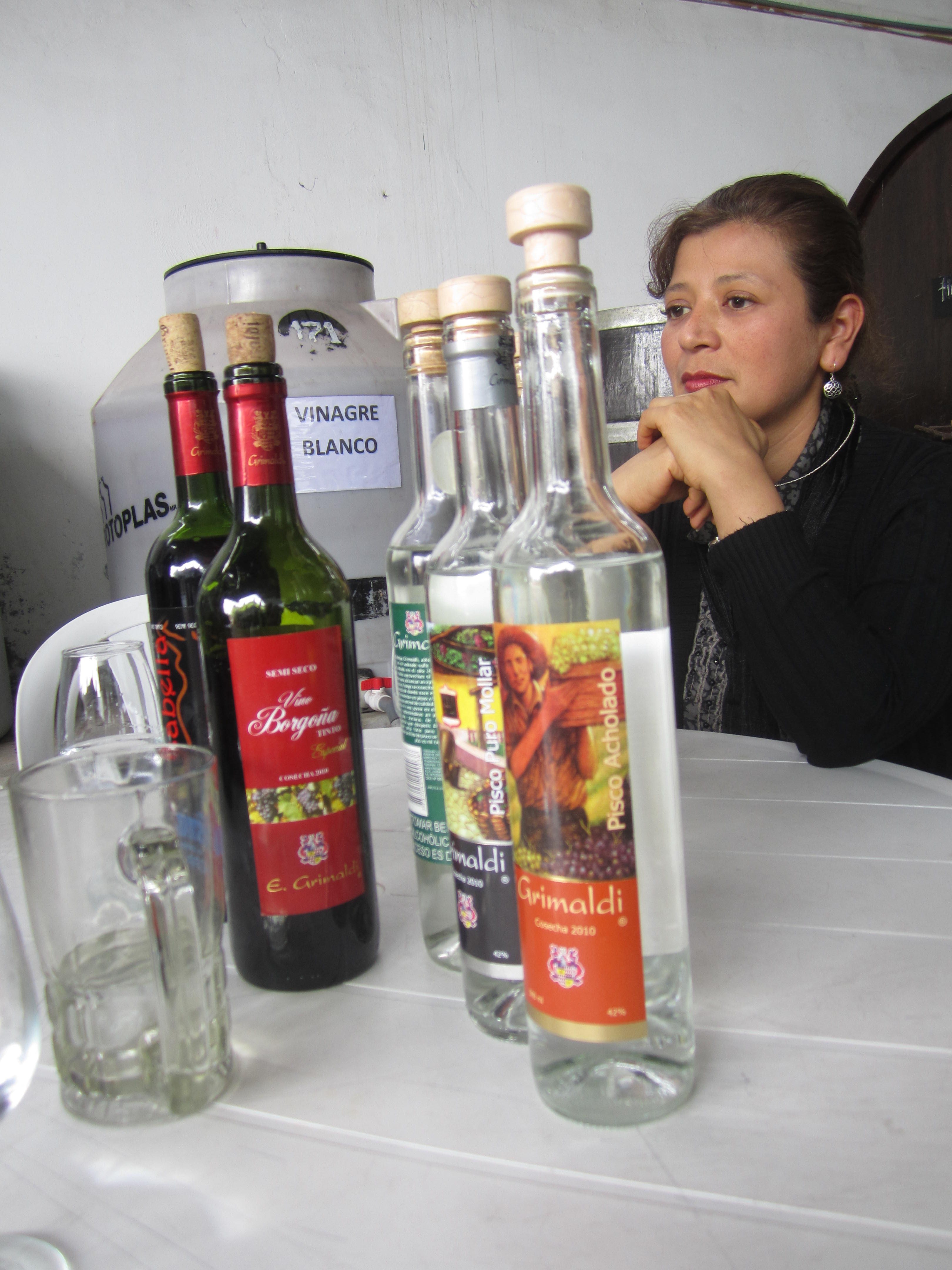
Pictures of the unfinished community center paid for by the Venezuela.
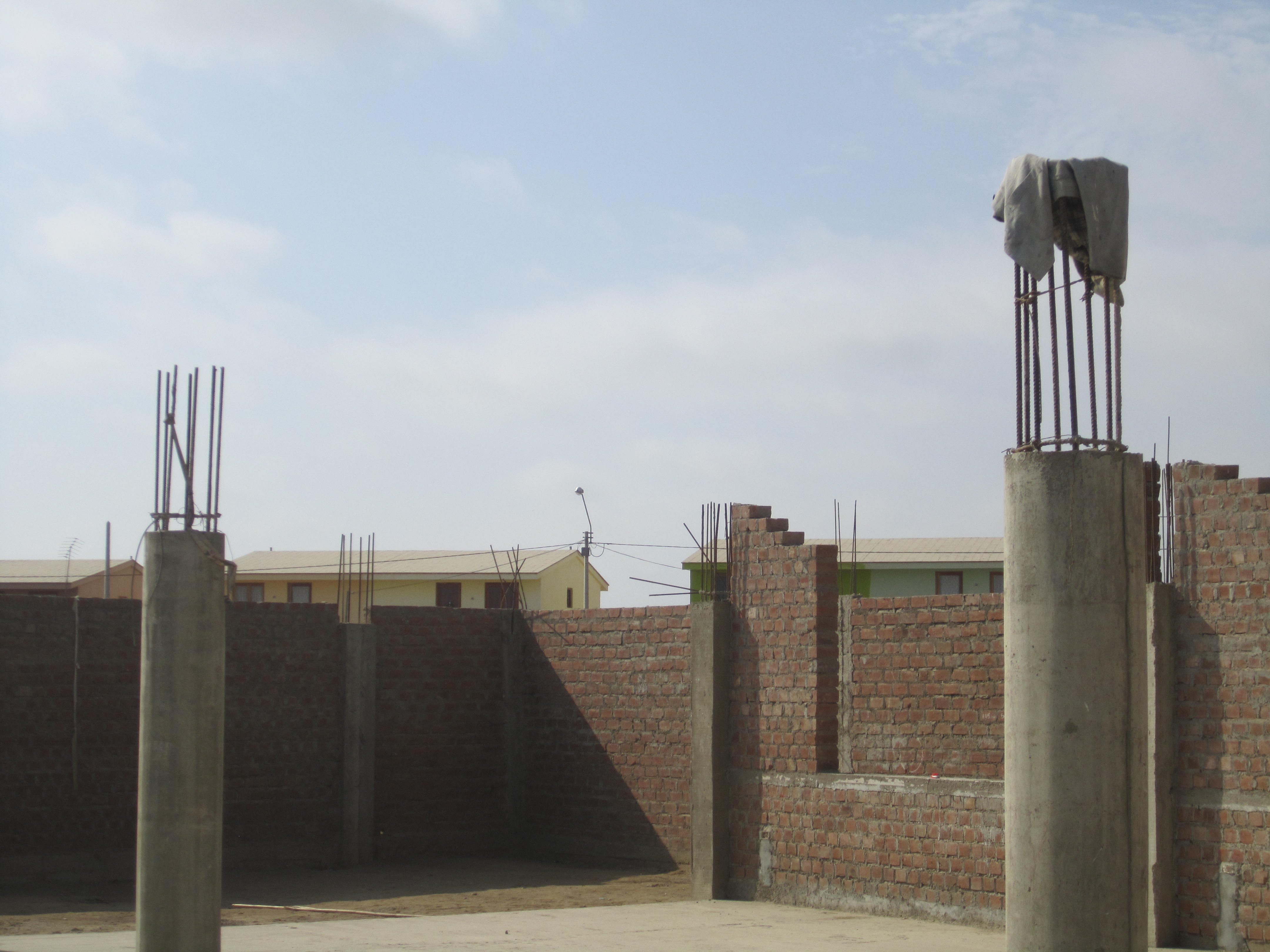
more unfinished work
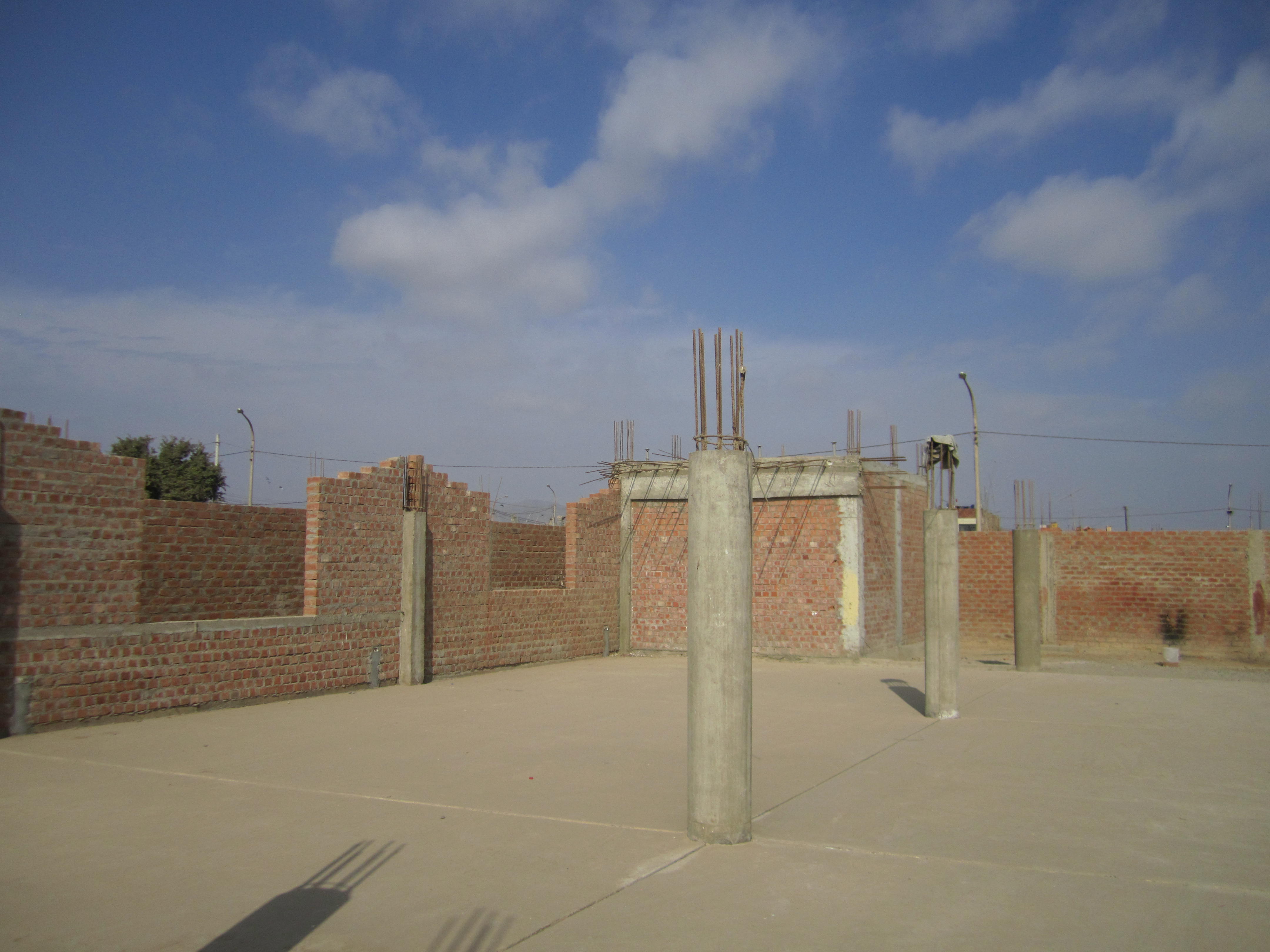
President of the Chincha ACORN Group
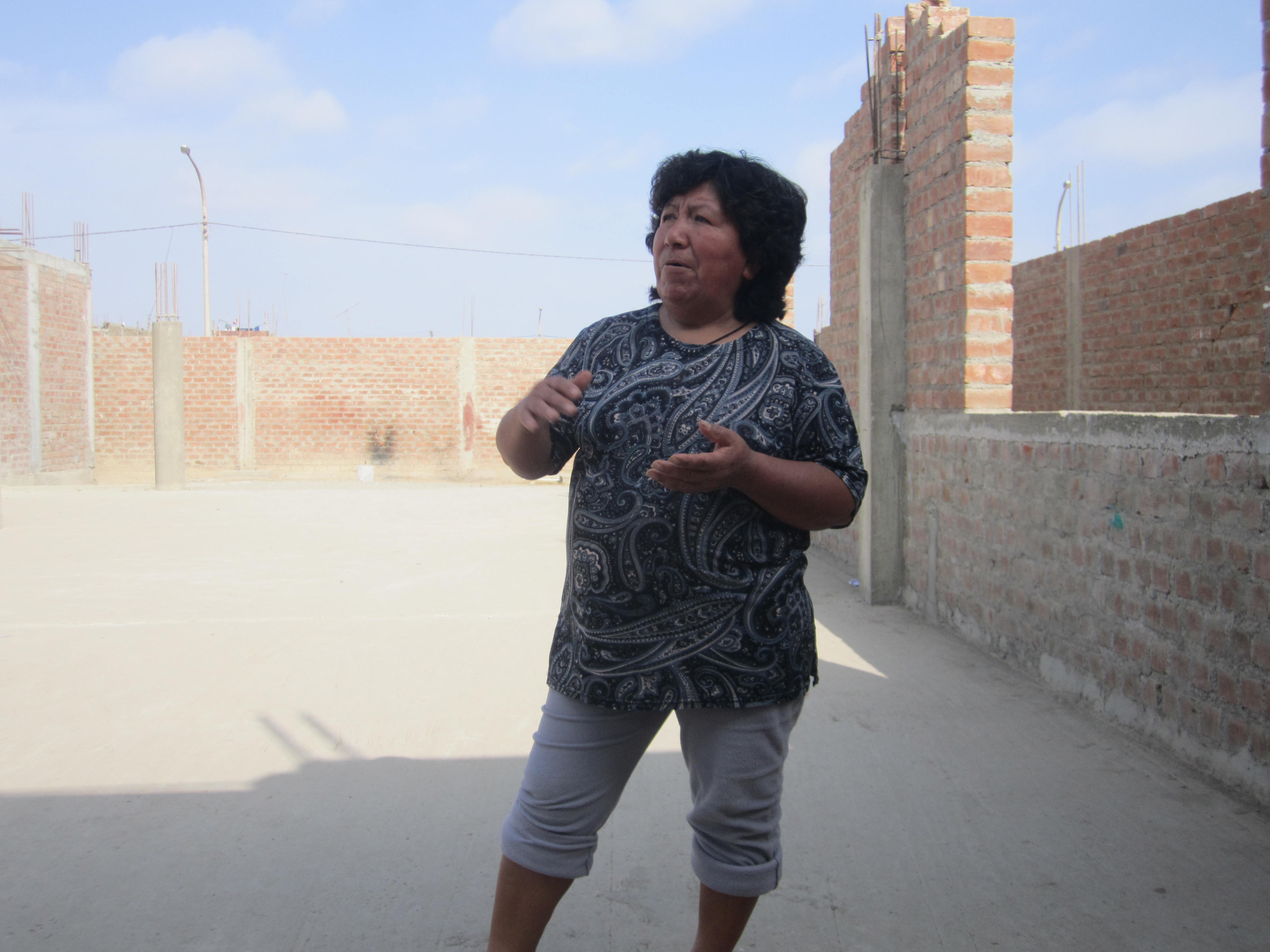
Pointing to the unfinished work of the community center.
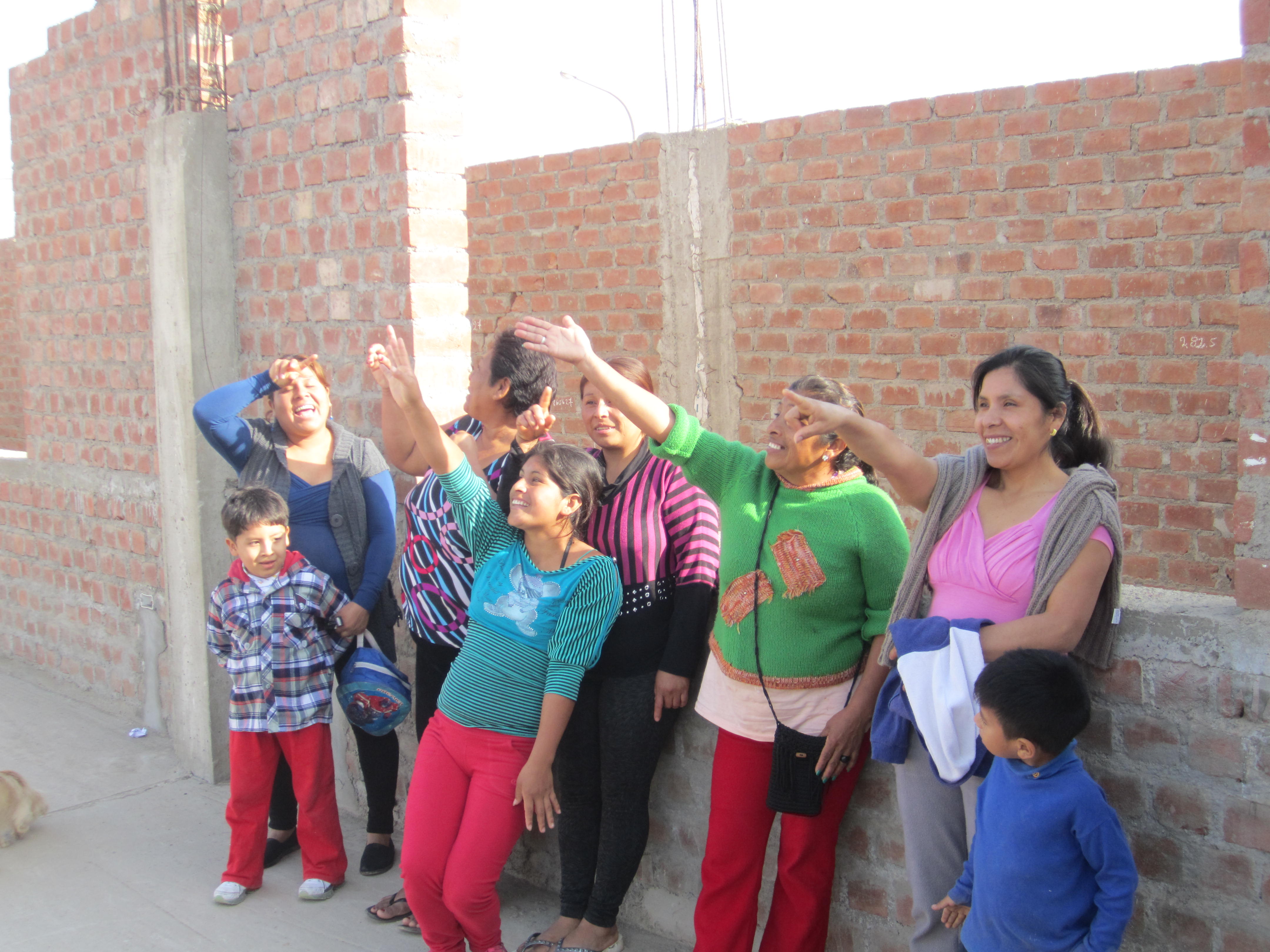
Committee members with Wade.
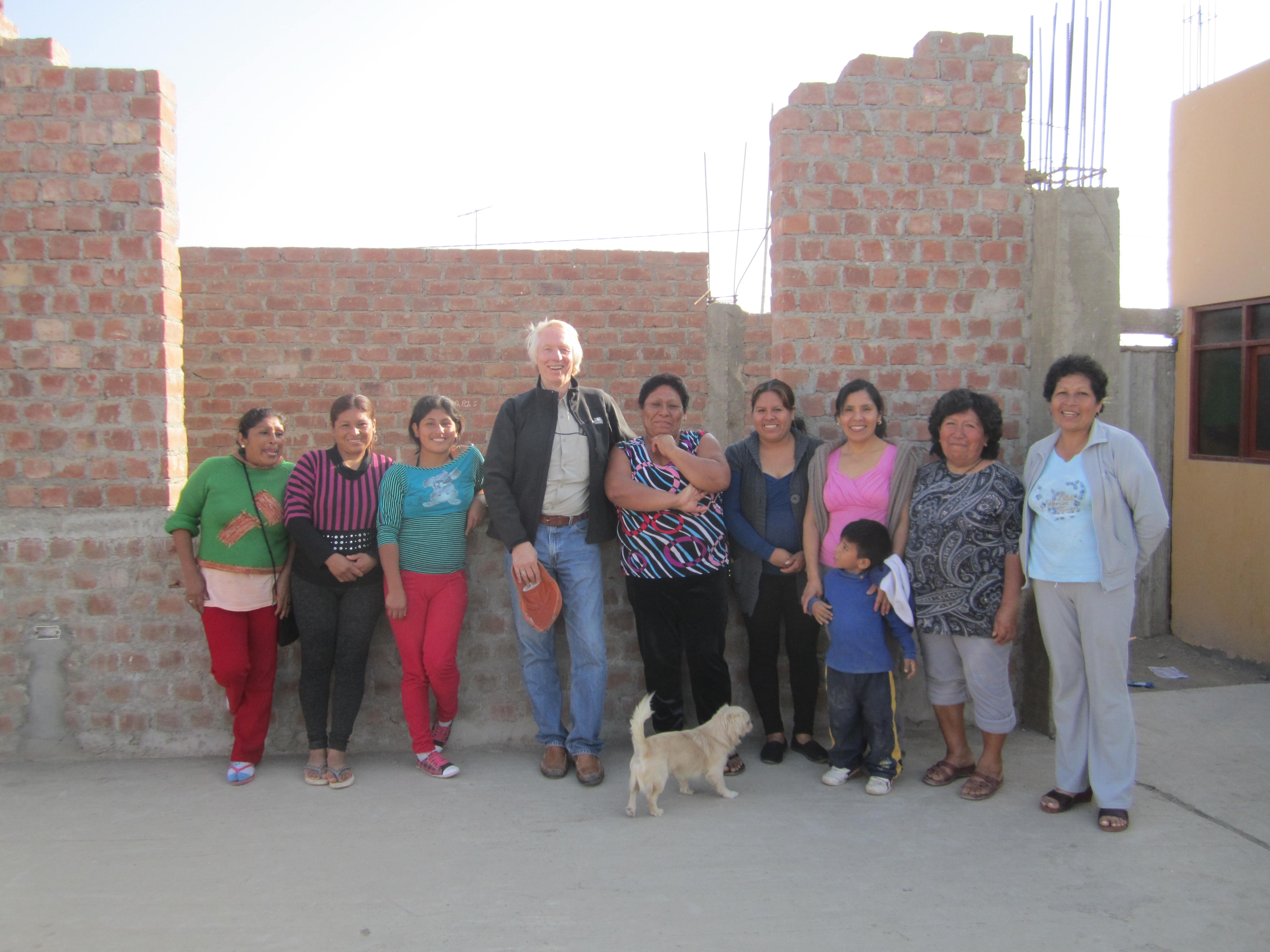
Committee members
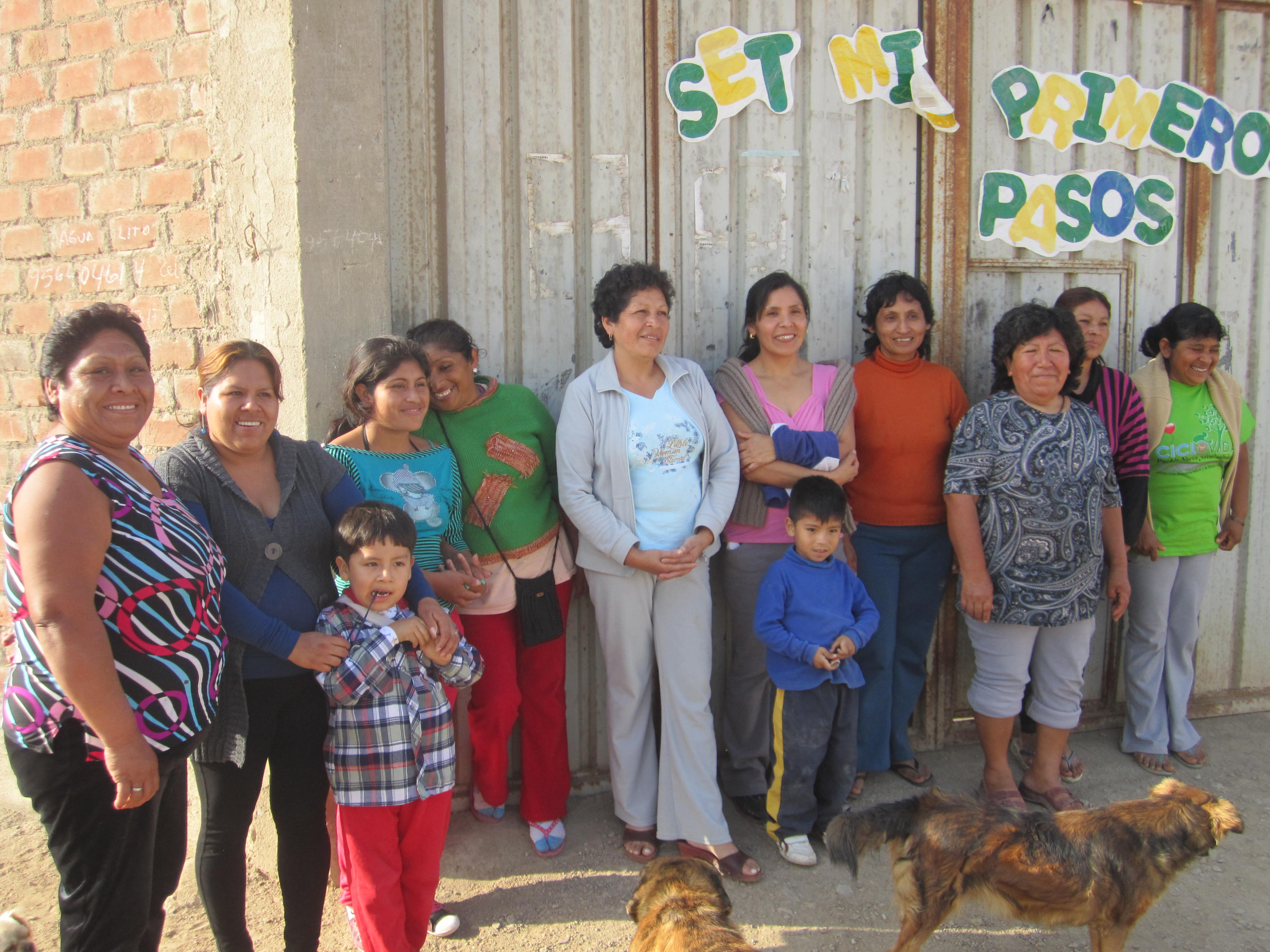
Group gets donations of books.
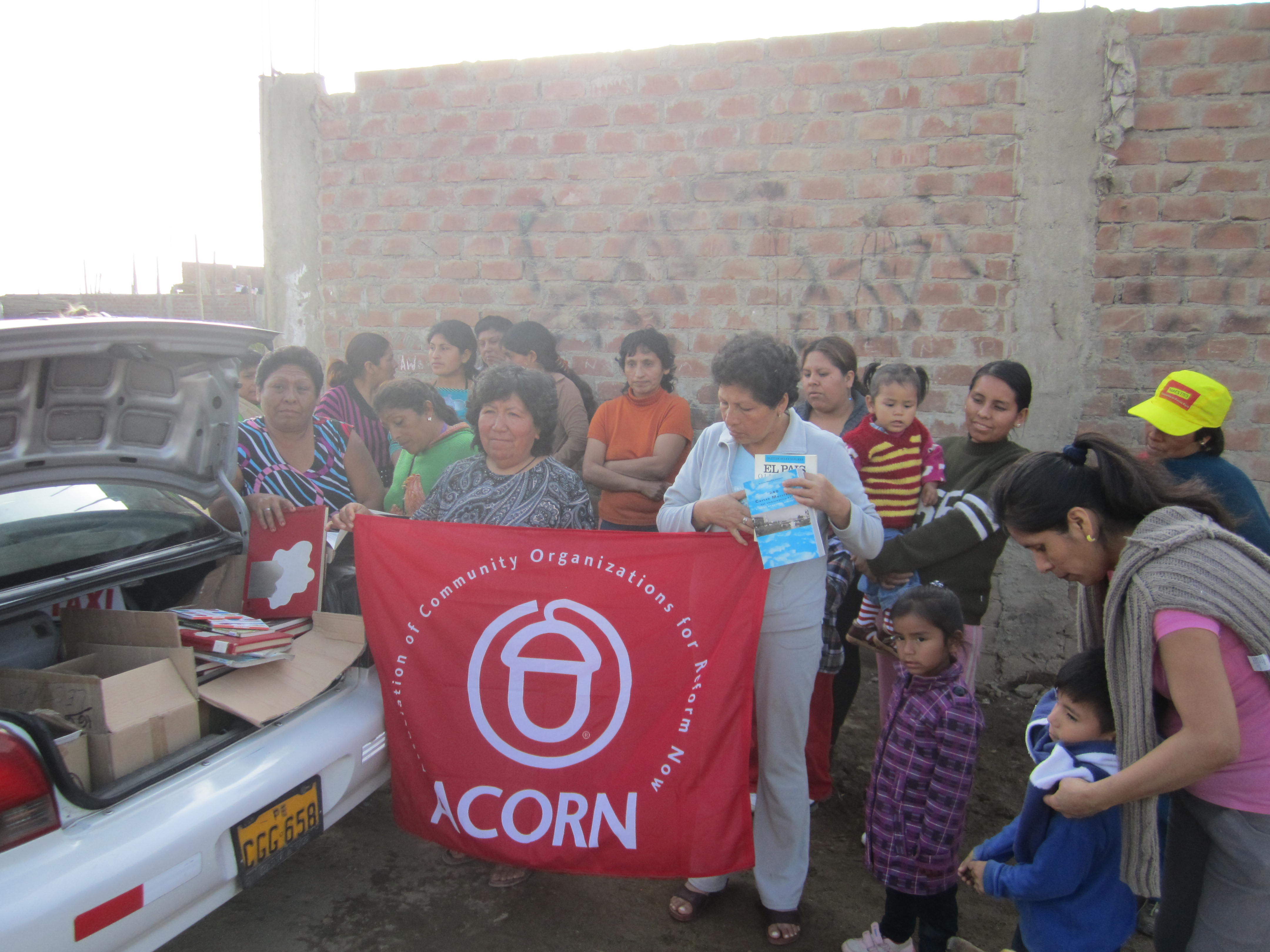
-
People reject FDI in Retail in the Public Hearing organized by East Delhi Municipal Corporation
People reject FDI in Retail in the Public Hearing organized by East Delhi Municipal Corporation: Trade Unions, Street Vendors Associations, RWAs & Civil Society expressed their opinion: 98% voted against FDI in Retail in the opinion poll; Respecting Peoples verdict EDMC will not grant trade licences to FDI Retailers: Mayor
In an unprecedented initiative, East Delhi Municipal Corporation (EDMC) organized a public hearing to take note of the peoples’ opinion on the issue of FDI in Retail. People from all sections of society including street vendors, small shop keepers, trade unions, resident welfare associations, civil society representative participated in the public hearing.
Delivering the opening remark, Dr. Annapurna Mishra, the Hon’ble Mayor of East Delhi said that the purpose of the initiative is to take note of the peoples’ voice to help the corporation in shaping trade policies.
An opinion poll was also conducted to know the views of participants. 98% participants opined against FDI in Retail.
Hakim Singh Rawat, R B singh Rajpoot, Sodan Singh, Bijender Yadav, Pravesh Sharma, Bansi Lal (street vendors), Praveen Khandelwal, Satish Garg, Raj Kumar Bhatia, Om Prakash Dubey, Deepak Sharma (Traders), Ashwini Mahajan (SJM), Aneesh Mishra (trade union) Vikramjeet Banerjee (Advocate) and many others expressed their view on FDI in Retail.
Concluding the public hearing senior journalist Sh. Ram Bahadur Rai said that in the past the Prime Minister was against FDI in Retail. He alleged that such policy decisions are influenced by powerful international lobby groups.
The Leader of opposition, Ms. Varyam Kaur, who was also invited for the public hearing came at the closing stages and abruptly interrupted the meeting shouting that the Municipal Corporation can not organize such event.
The Hon’ble Mayor stated that public opinion is evident on the issue of FDI in Retail and respecting the peoples’ verdict the EDMC would bring a motion to oppose FDI in Retail and would not grant any trade licences to FDI retailers. She said that a detailed report of the proceedings would be send to the Hon’ble Lt. Governor and Chief Minister of Delhi.
Dharmendra Kumar of India FDI Watch conducted the proceeding.
For Photos click:
http://dkfordignity.blogspot.in/2012/09/no-fdi-retailer-in-east-delhi.html
-
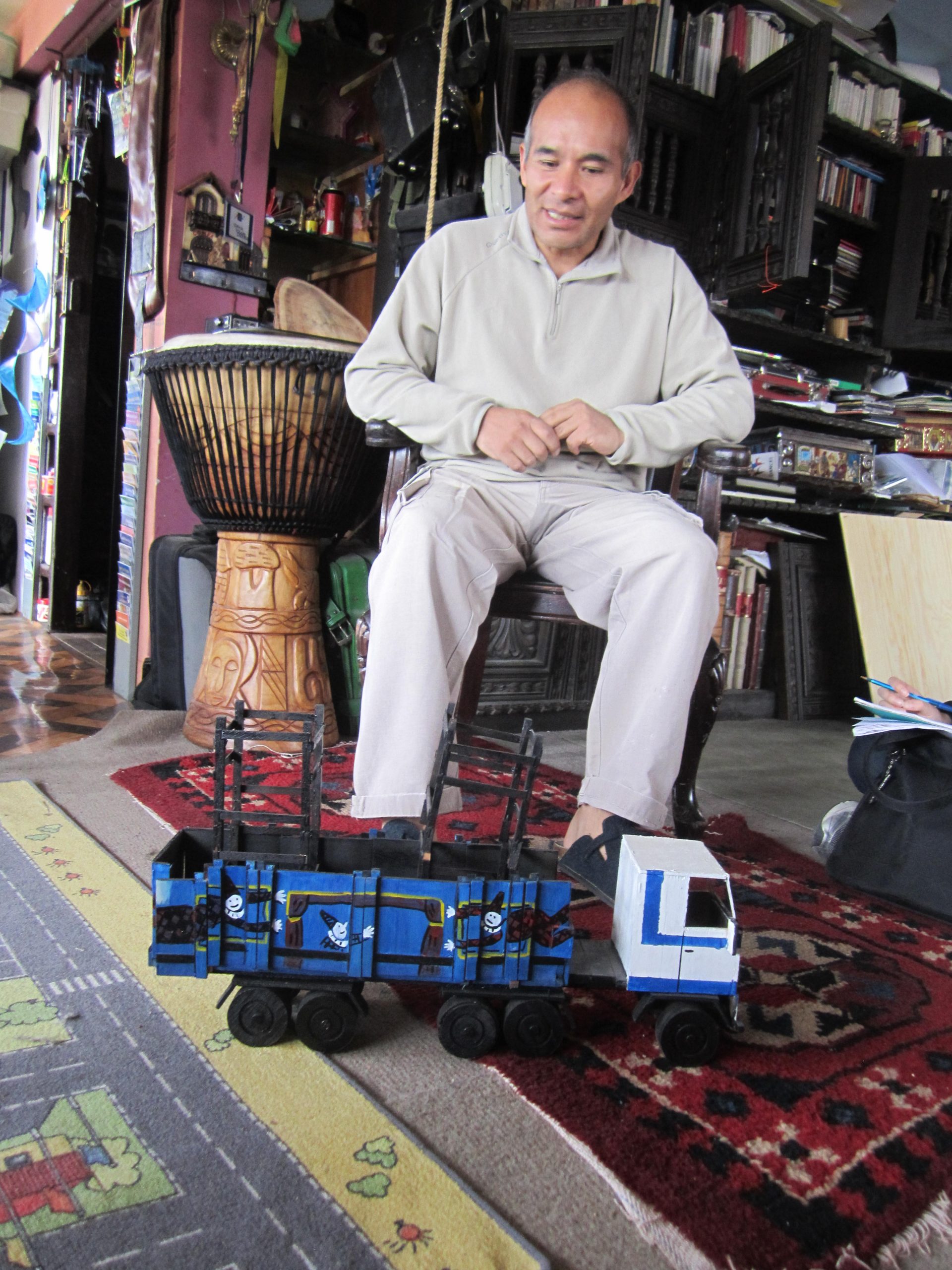
Organizers’ Forum in Bolivia ~ Teatro Trono & Cochabama
Ivan Moreles, Director of Teatro Trono (largest civic organization in Bolivia) telling us about the cultural truck they drove to Rio.
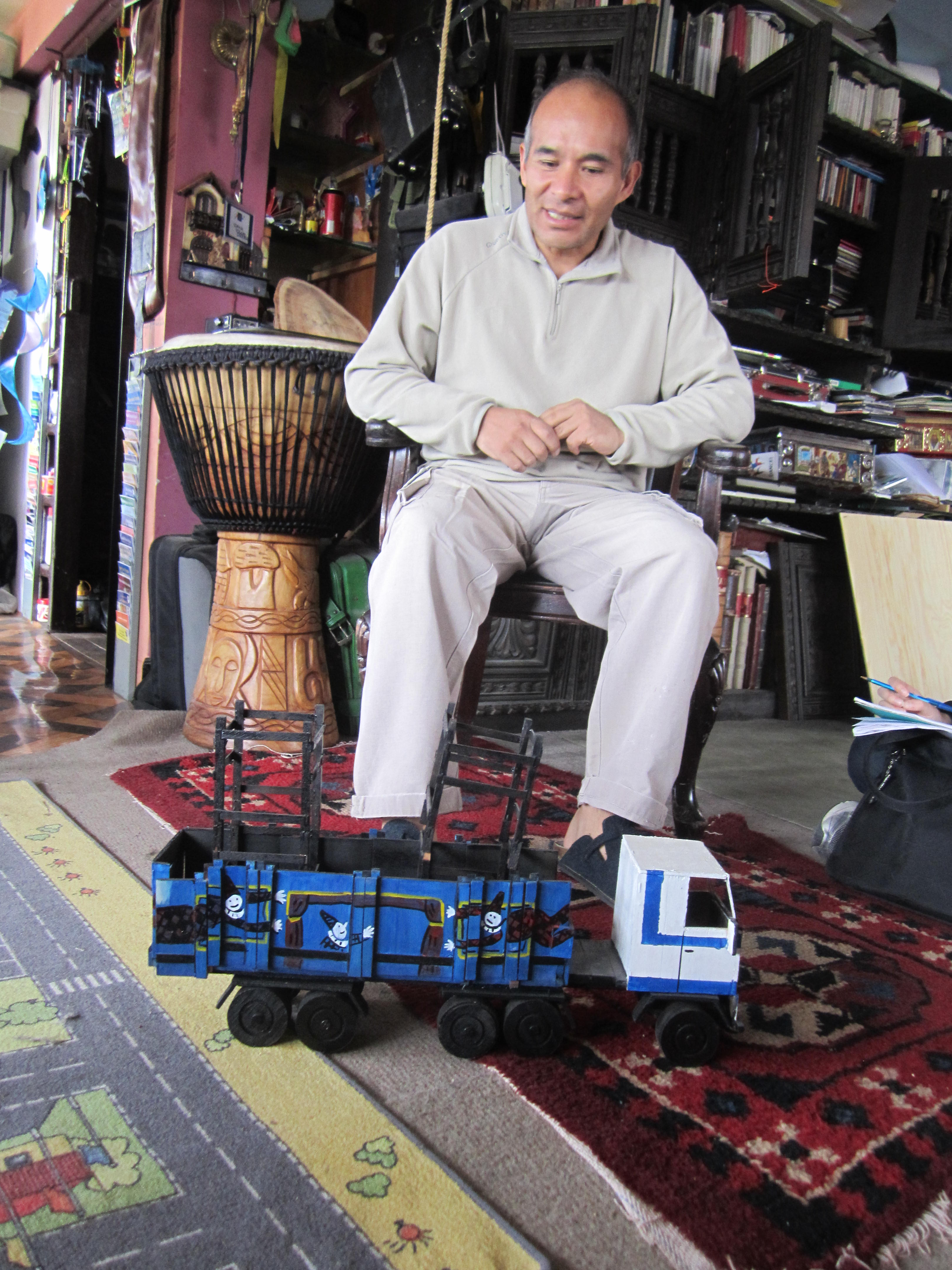
Poster for their 20th anniversary — now 23

hot water solar shower on top of the Teatro building
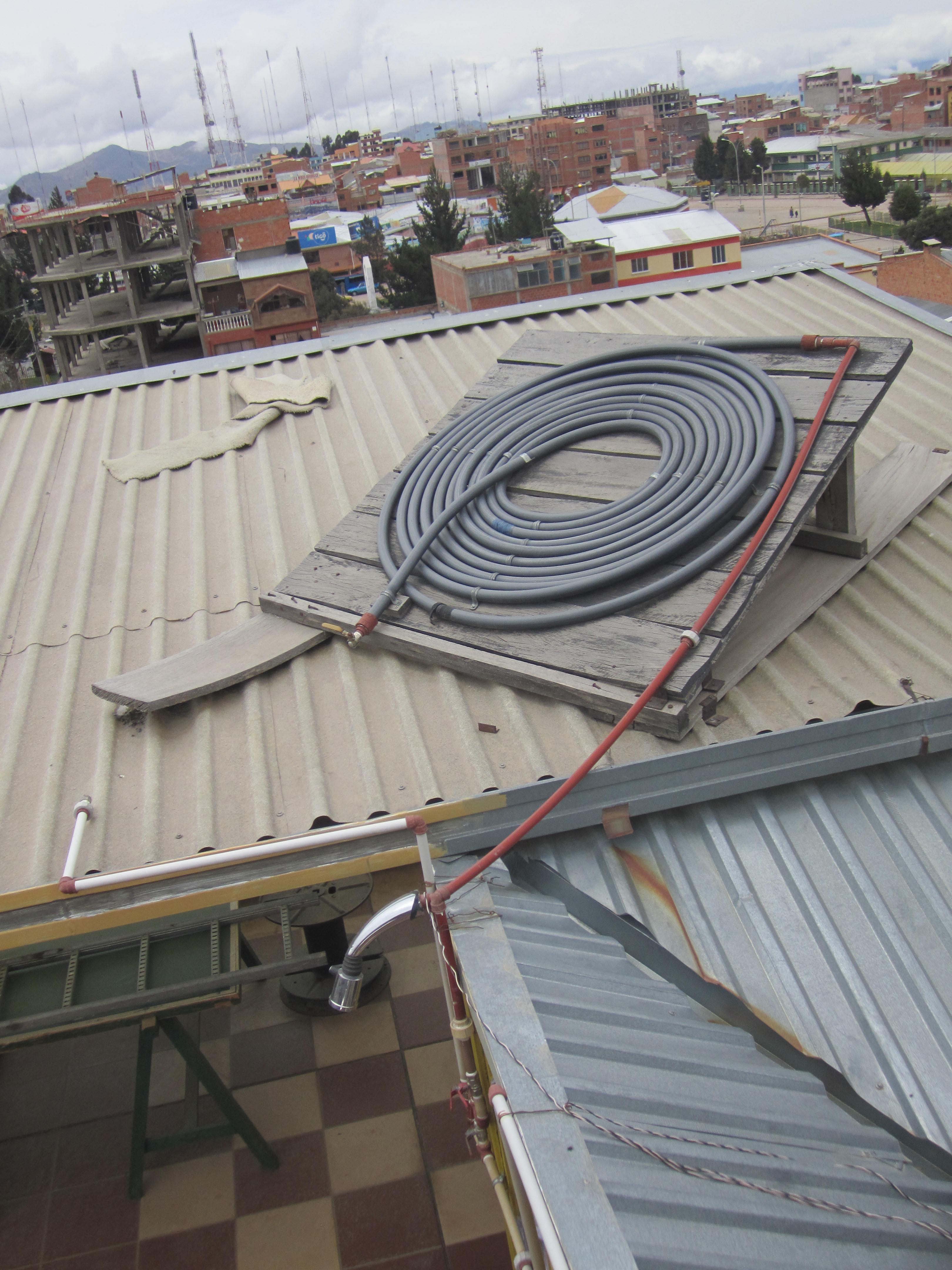
art has no boundaries…this is Ivan’s bathtub

a mural in El Alto nearby the Teatro
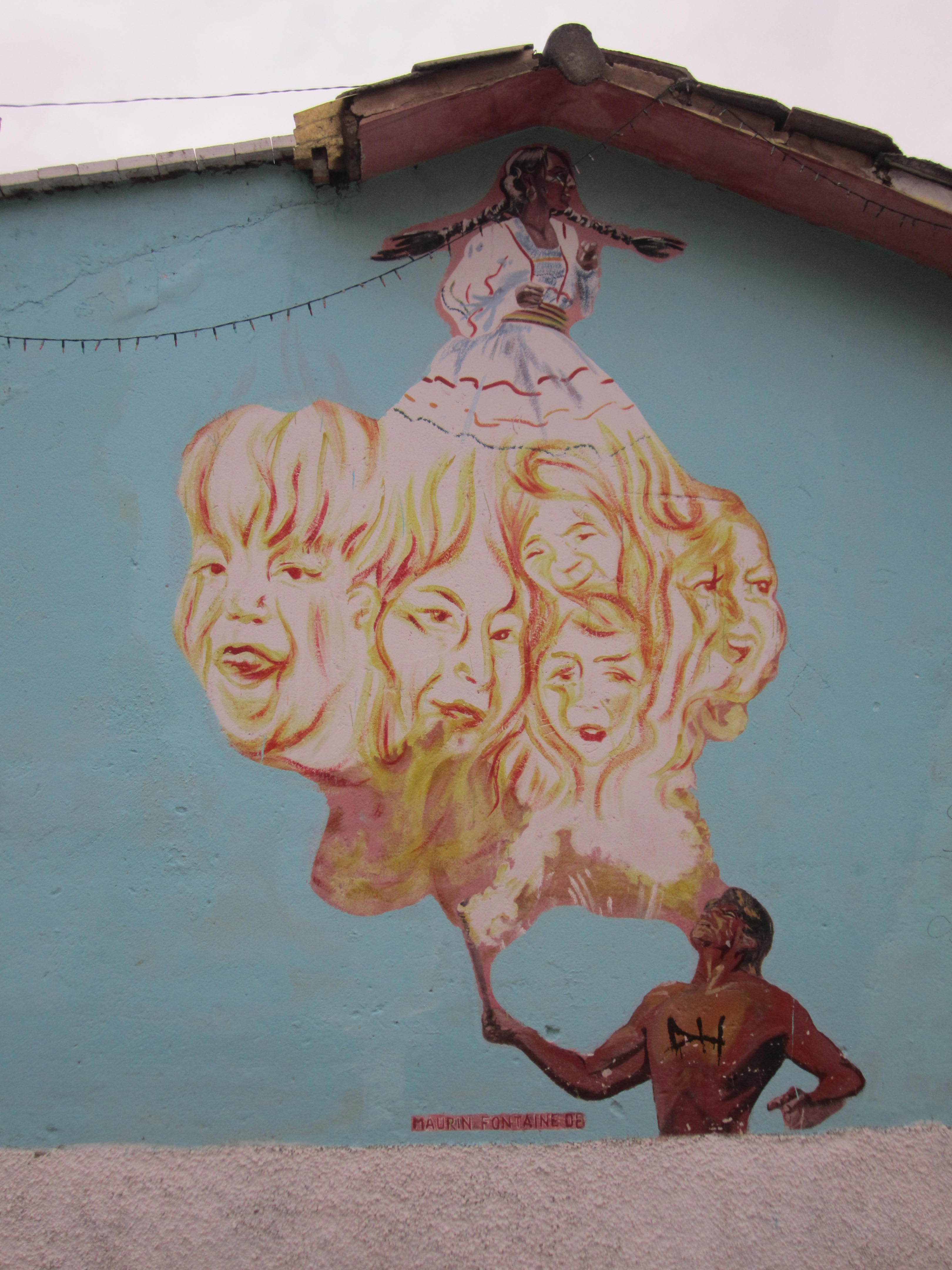
Marcela Olivera, Latin American coordinator of Red Vita for Food & Water Watch, flanked on one side by Alex MacDonald (ACORN Ottawa) and Dine’ Butler (ULU Local 100) and on the other by Davin Cardenas (Gameliel, North Bay, Santa Rosa)
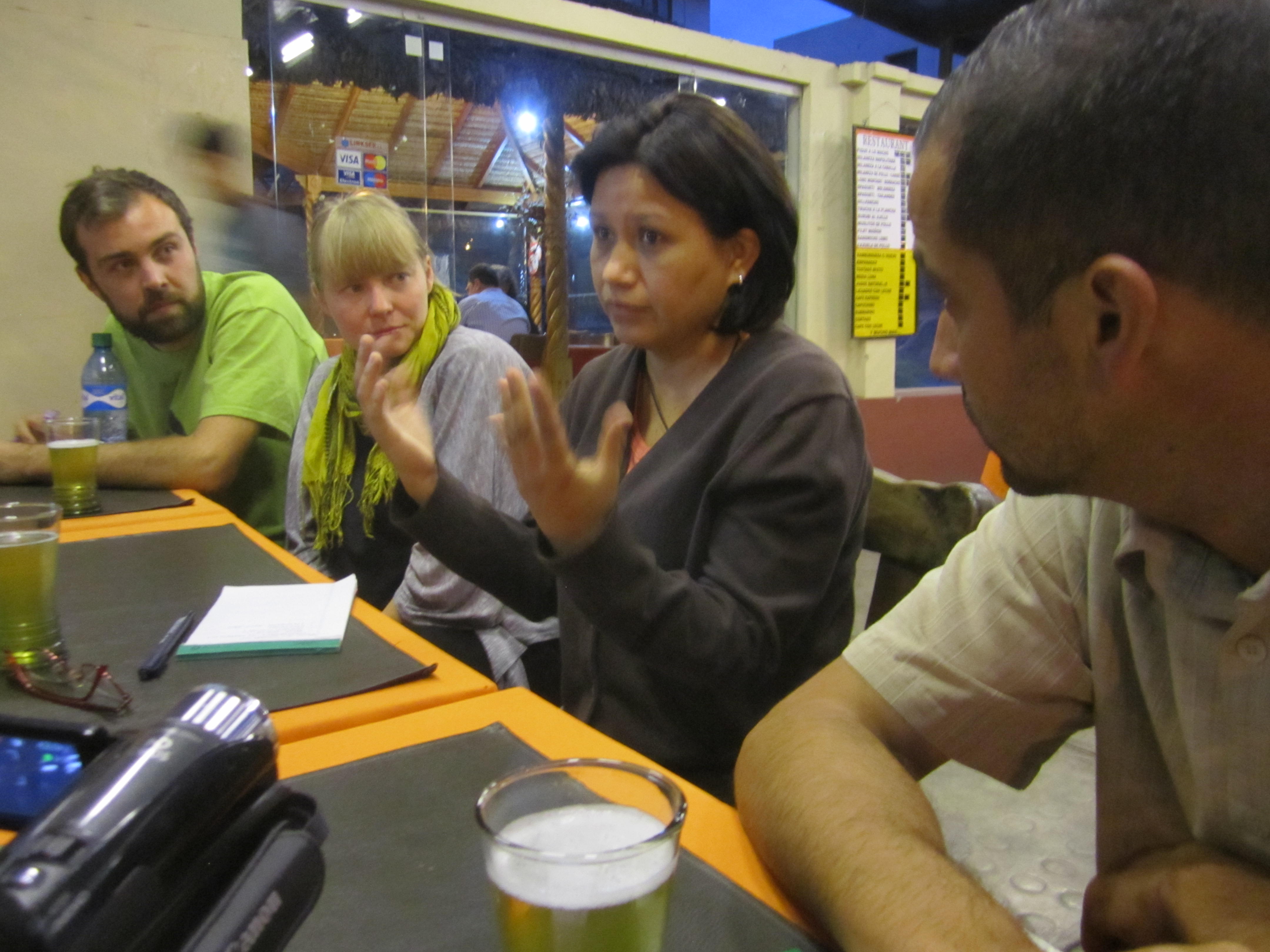
old and new in Cochabama
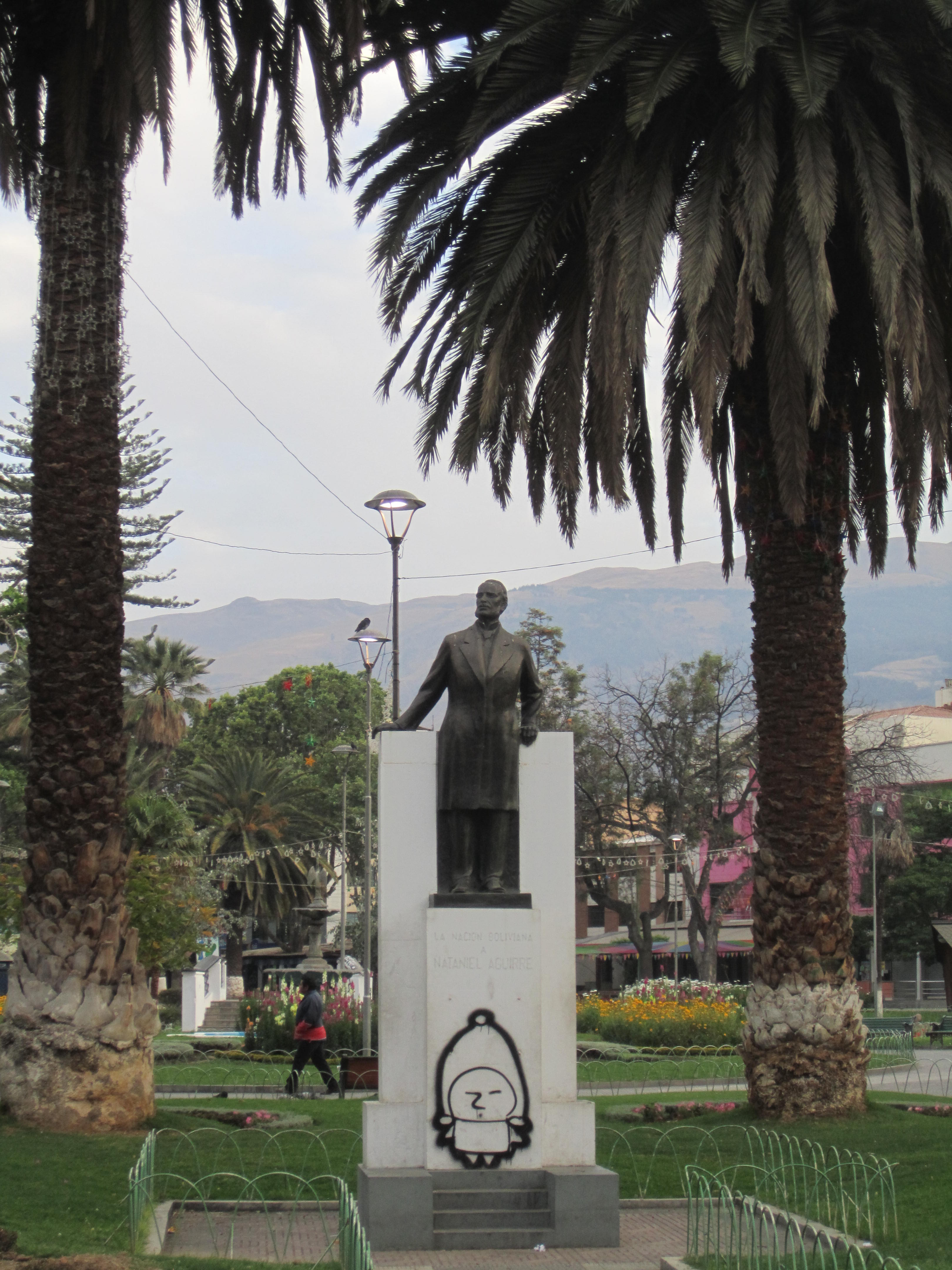
Central Government Plaza in Cochabama
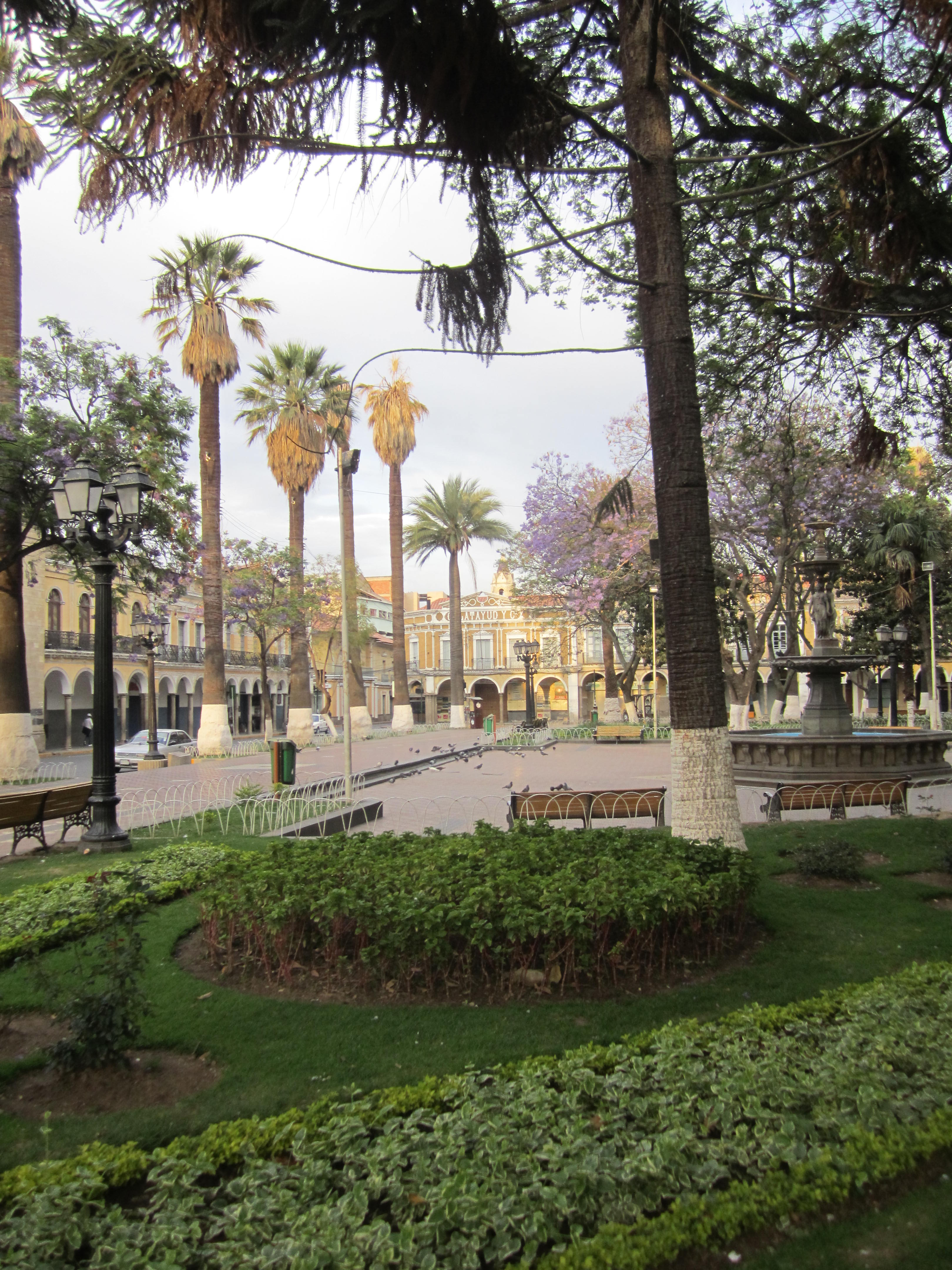
Condor rules the Andes in Cochabama
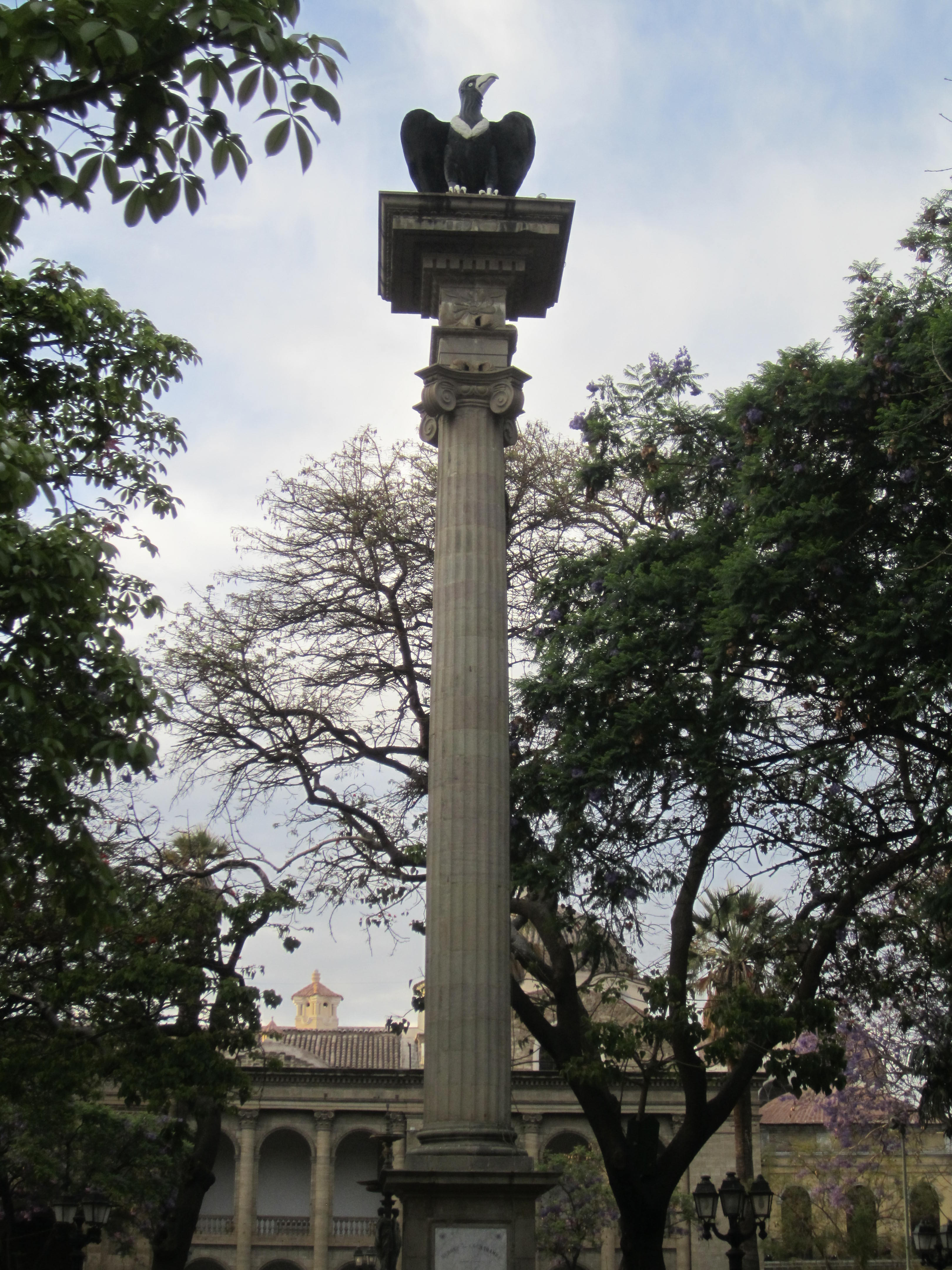
Christ looks over Cochabama
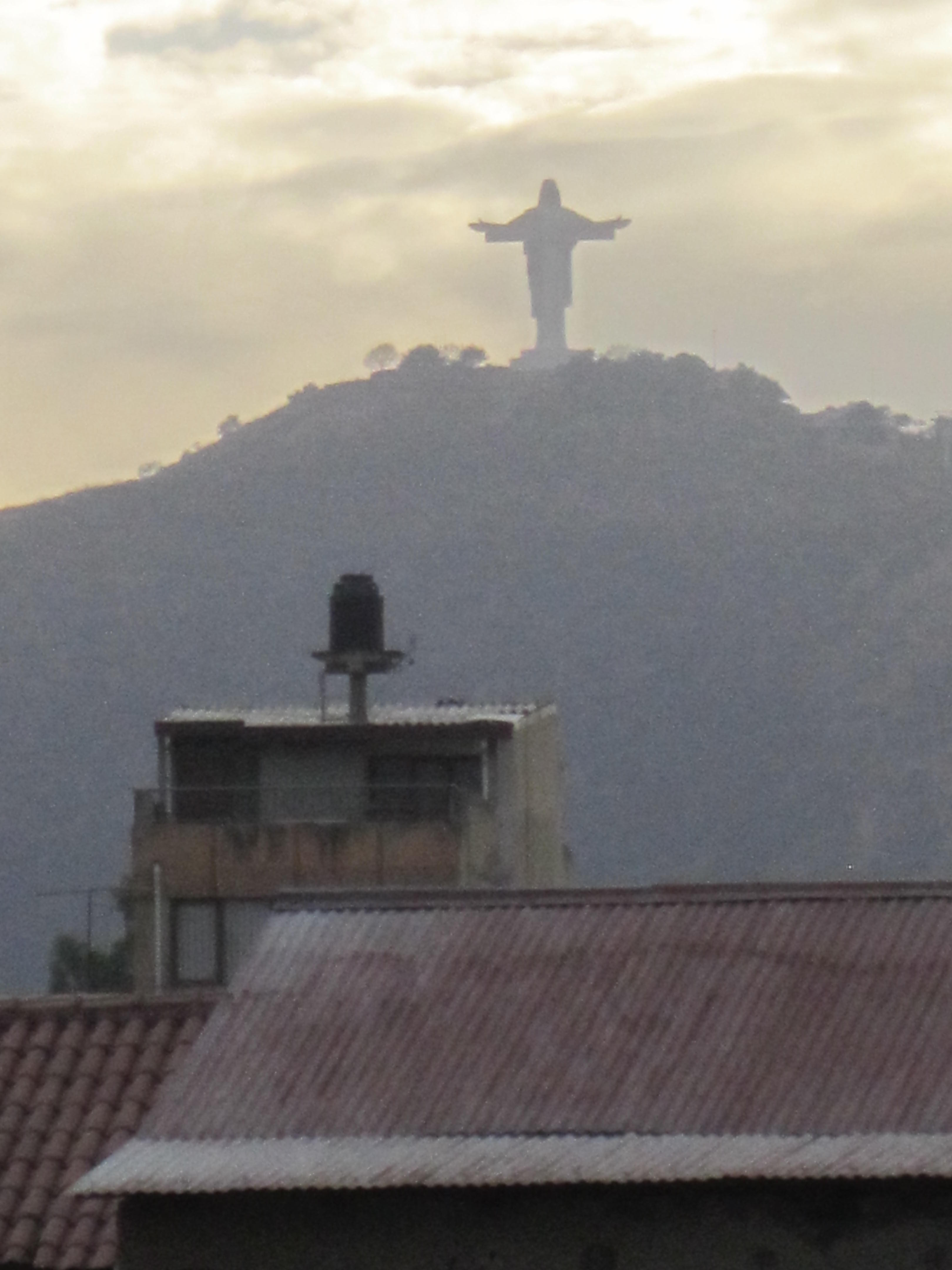
-
Join Us
In a first of its kind, East Delhi Municipal Corporation is organizing a PUBLIC HEARING on FDI in Retail on 28th Sept. at 1.30 pm at its headquarters of Patparganj Industrial area. The Hon’ble Mayor along with a panel of experts would be hearing peoples’ views on the issue. A report of the public hearing would be later presented to the Hon’ble Leftinent Governor of Delhi.
-
Manmohan Opposed Retail FDI When in Opposition
Trinamool Congress chief Mamata Banerjee said that Prime Minister Manmohan Singh has in the past been opposed to Retail FDI. Click here to read the correspondence.
-
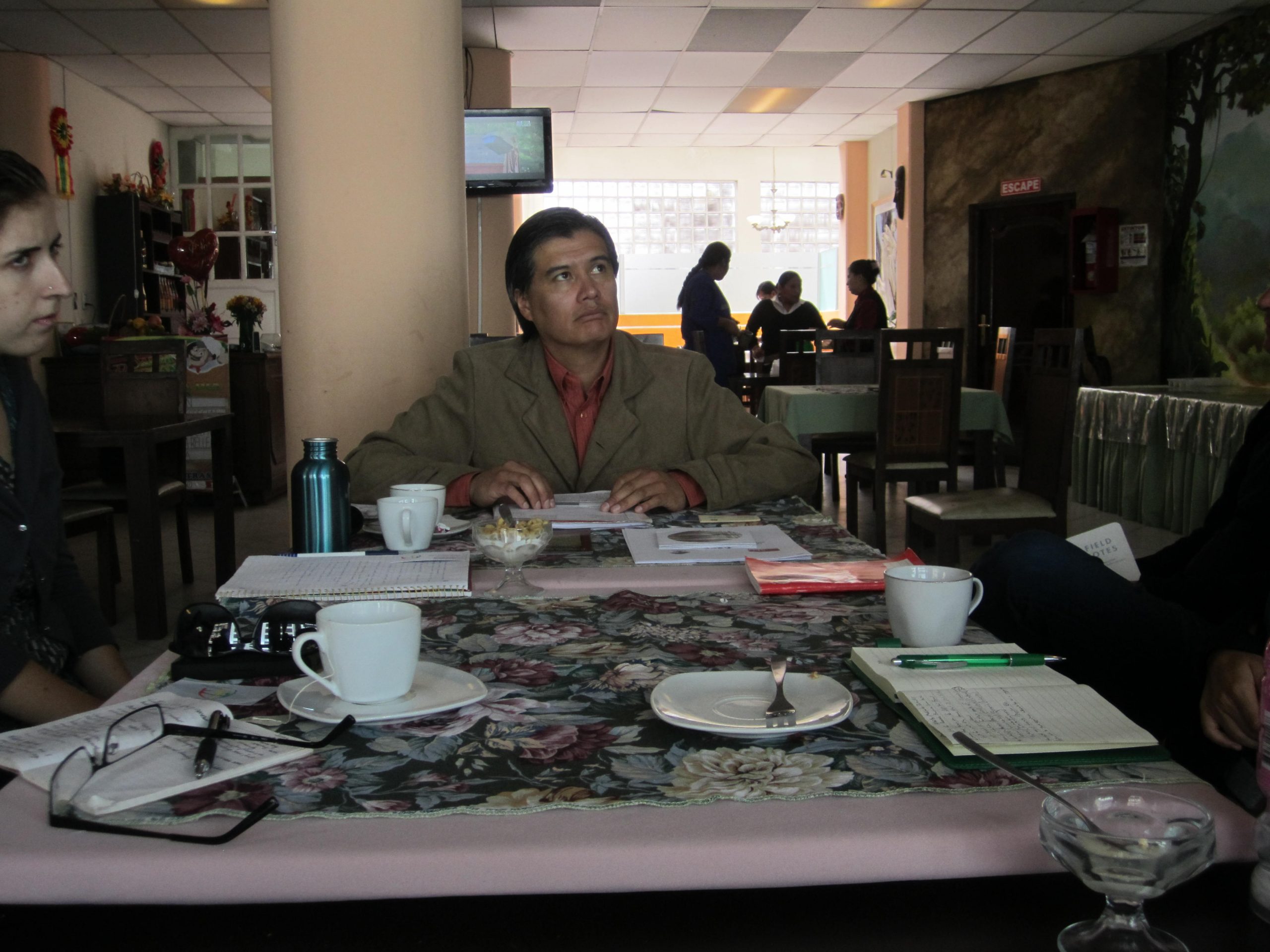
Organizers in Bolivia
Alberto Mollinedo, Director of Desarrollo Economico Comunitario of Bolivia
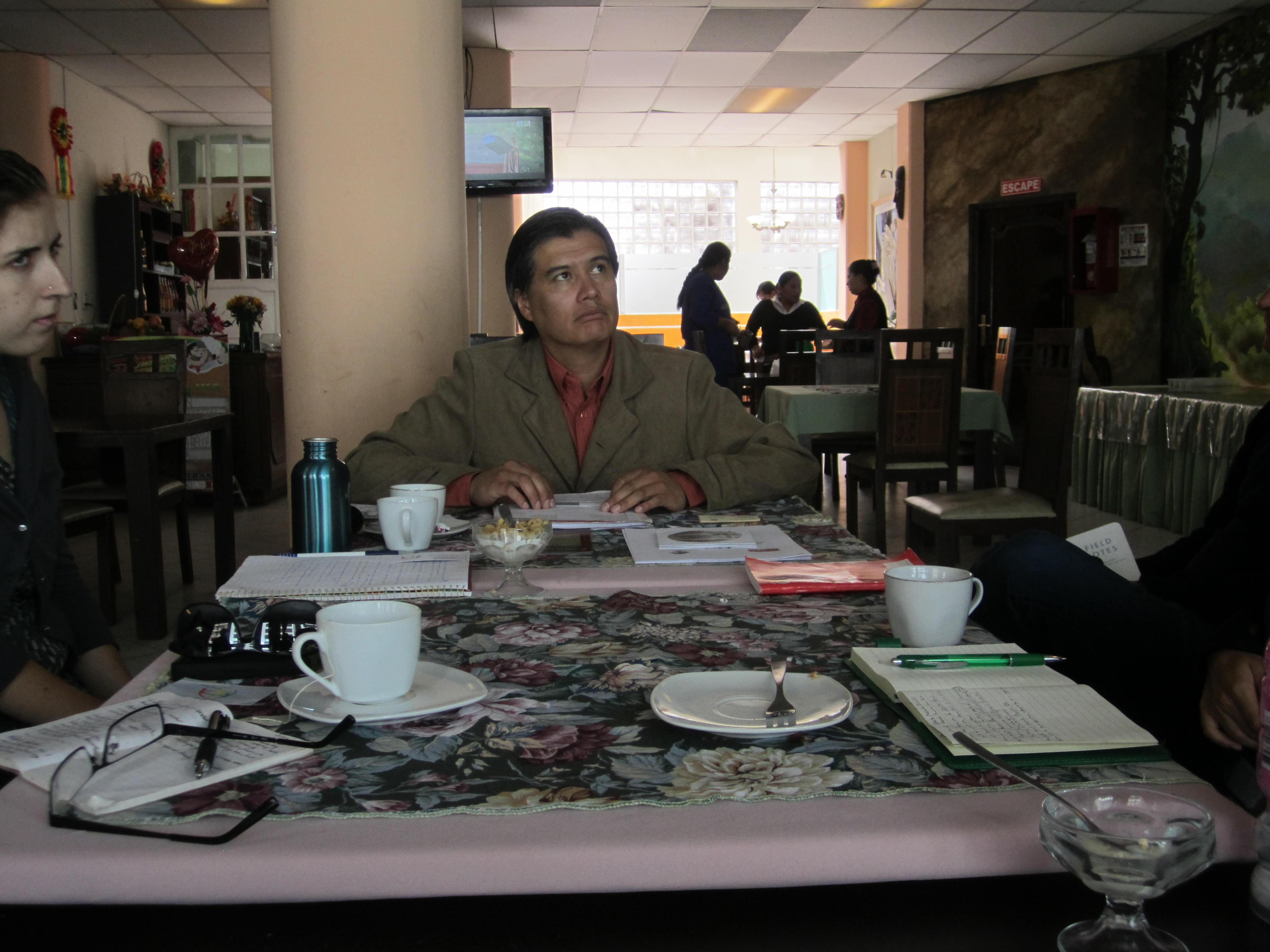
Afro-Bolivian Organizers
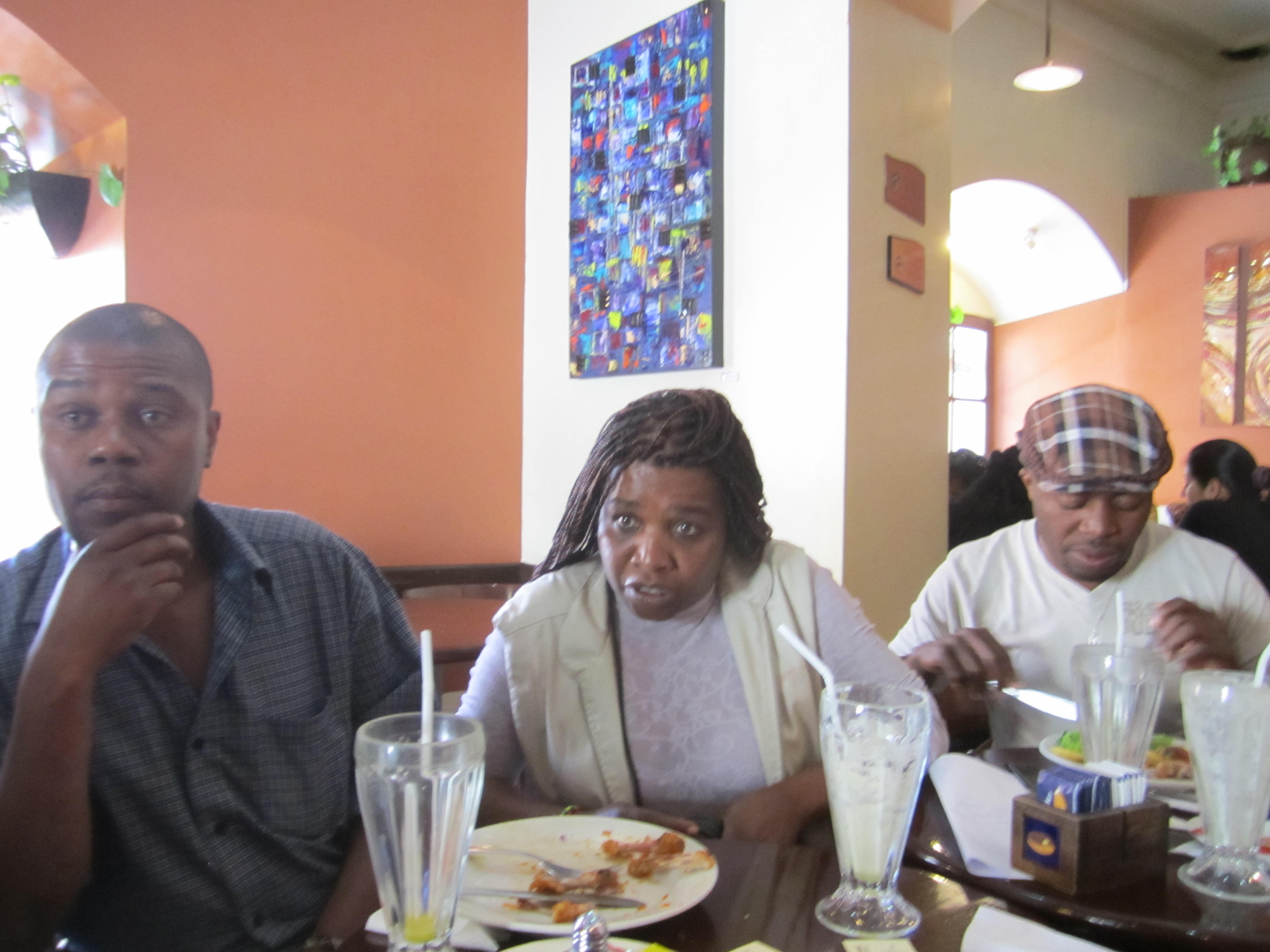
Campesino Union Leader
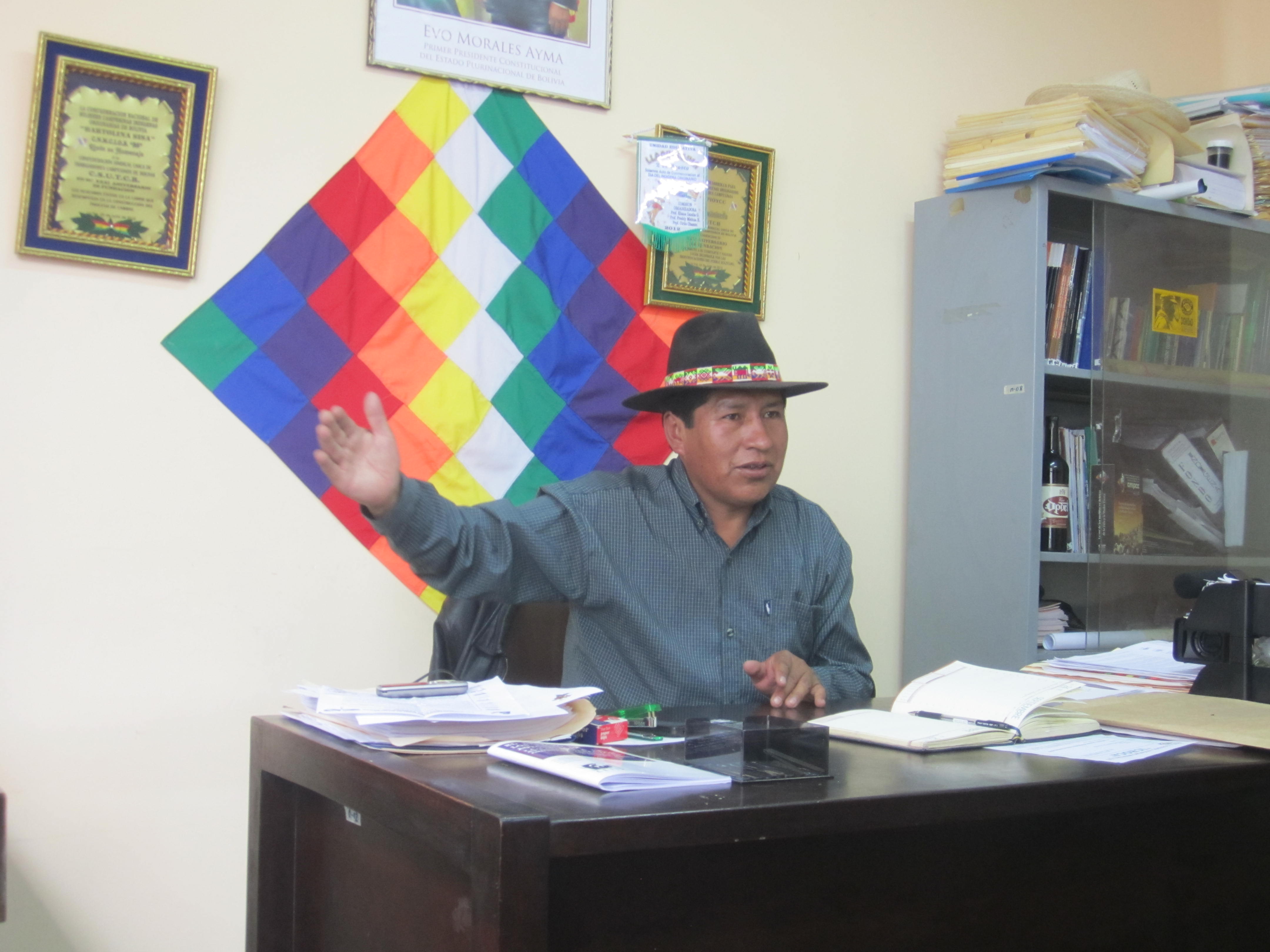
CONAMAQ (highlands) Leader
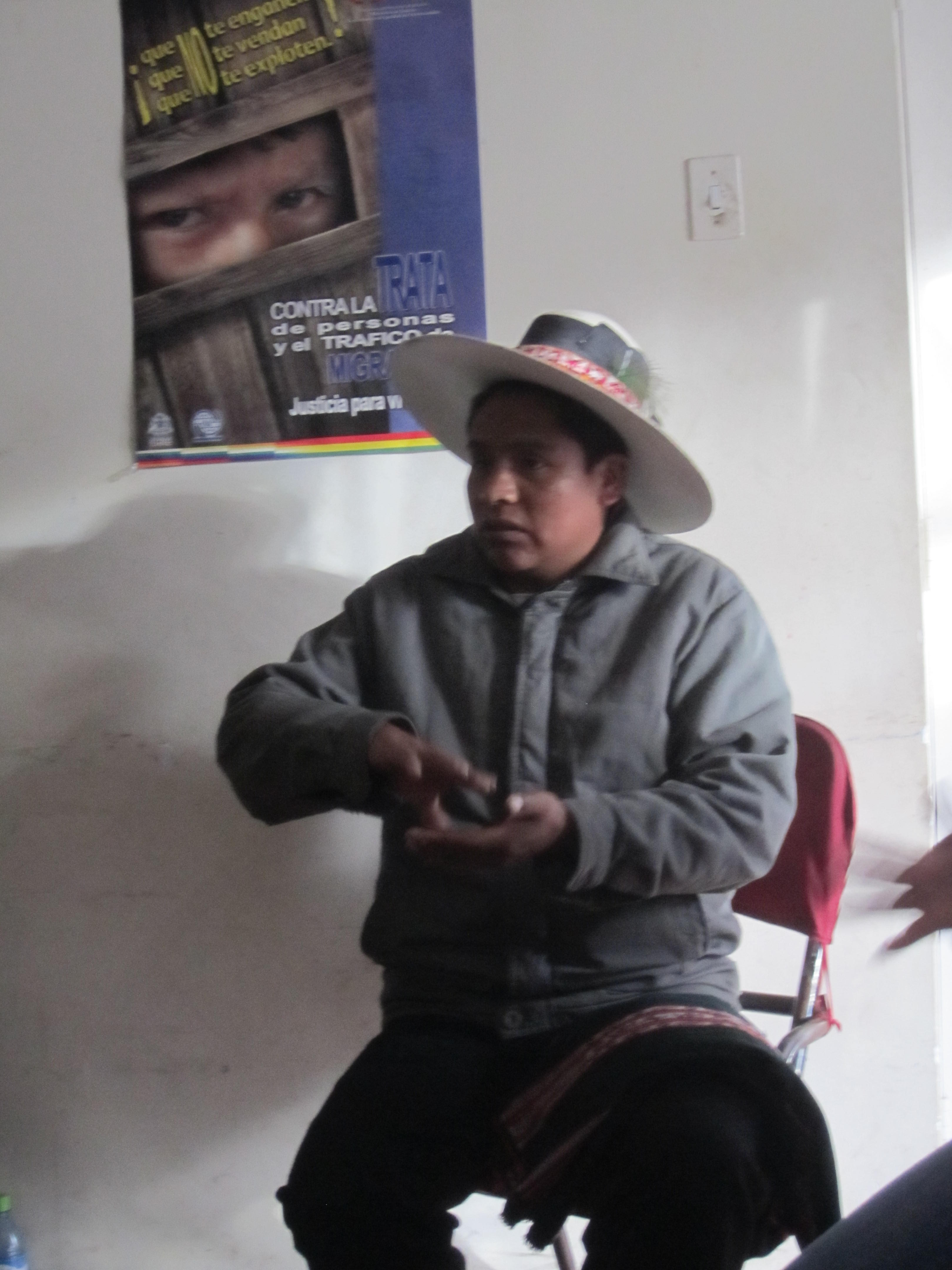
Young Workers Group Leaders
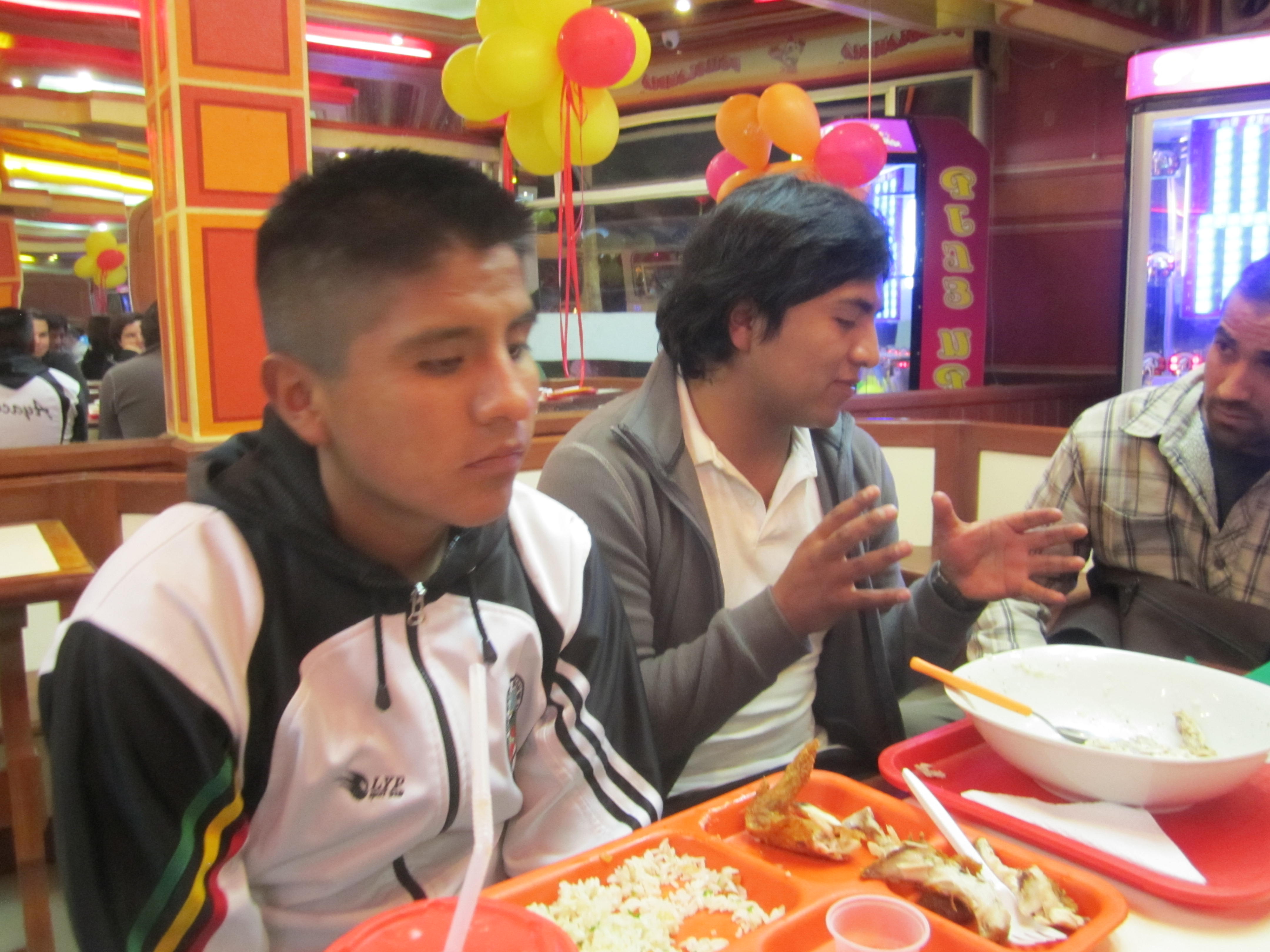
-
Editorial on Retail FDI & Farmers
Here is a copy of our editorial in Daily Amar Ujala.
-

Organizers’ Forum in El Alto, Bolivia
Delegates from ACORN International attend the Organizers’ Forum to Bolivia. Here are some pictures from El Alto:
many different types of potatoes

Major mountain views from El Alto
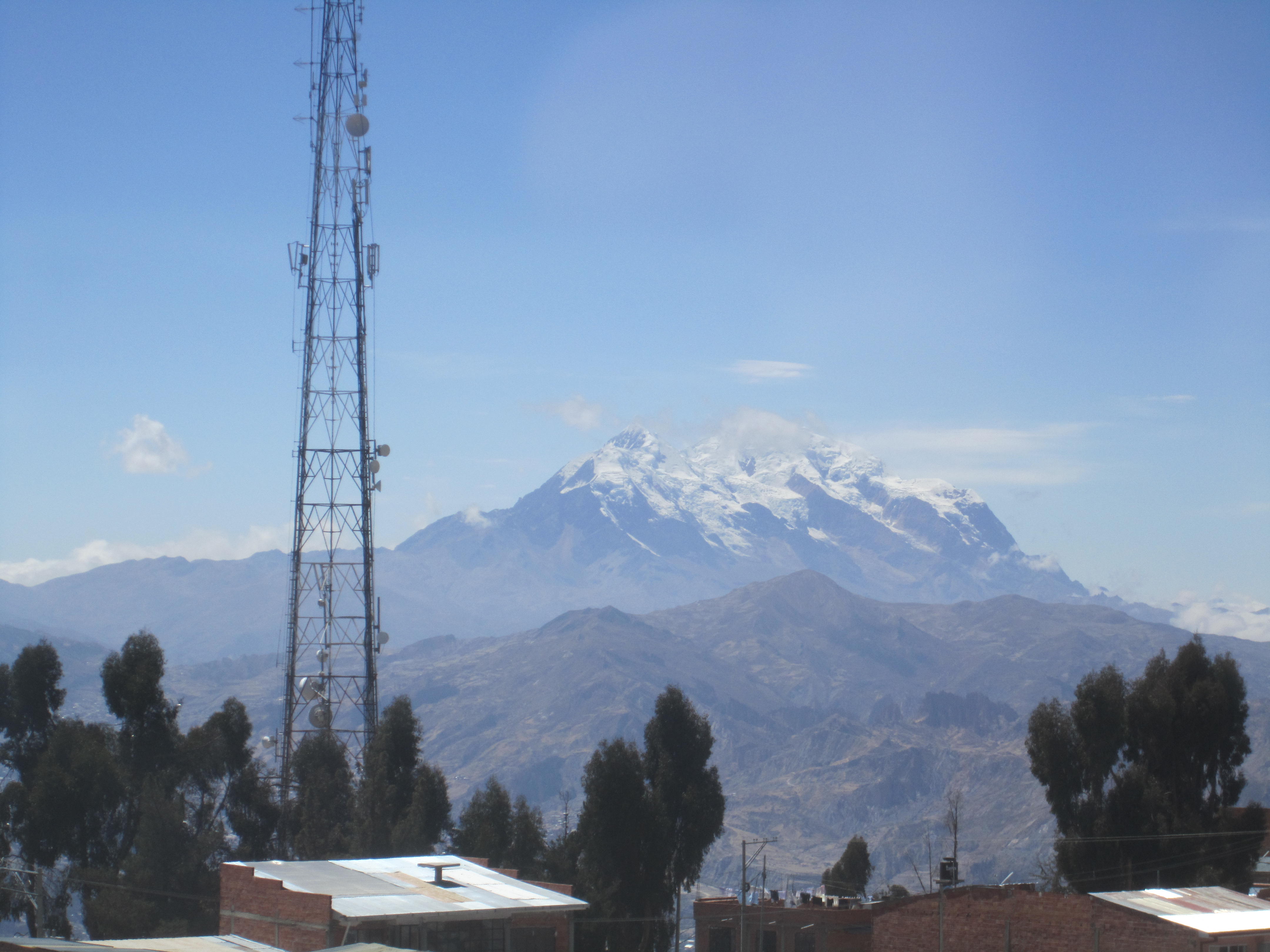
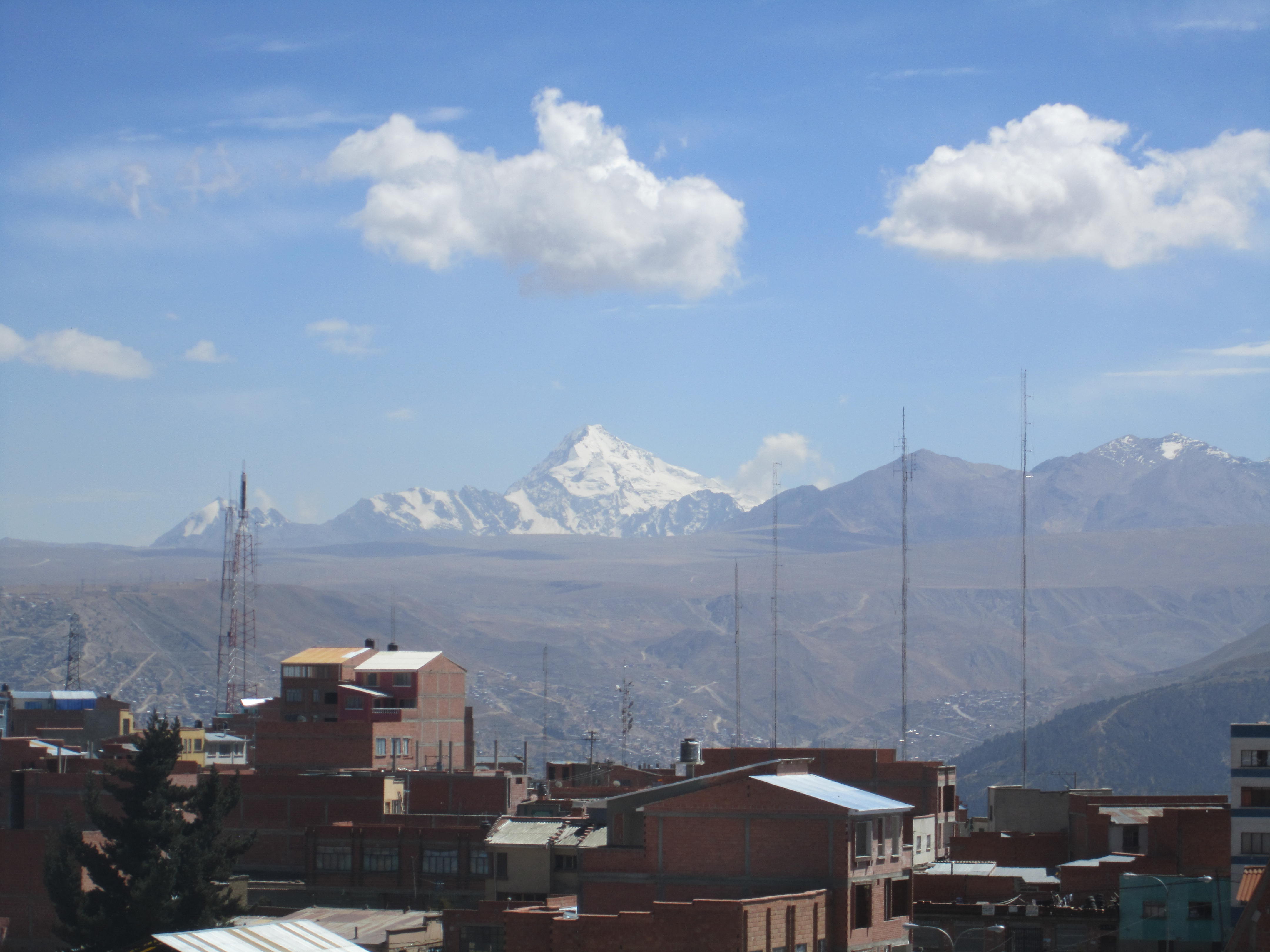
El Tio – the God that is in every mine and that many miners believe holds their fate.

Organizers’ Forum Delegation
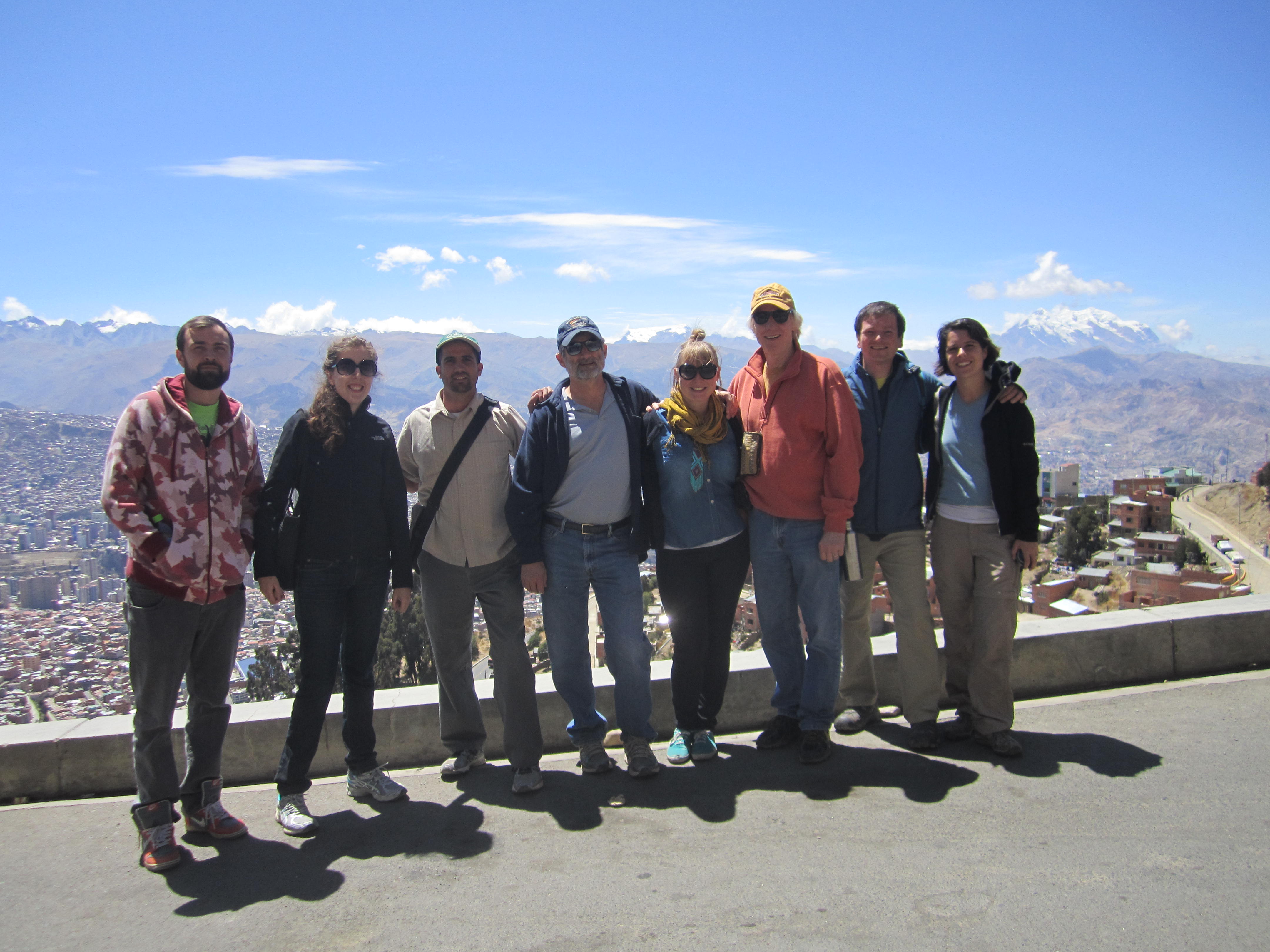
El Alto Barrios
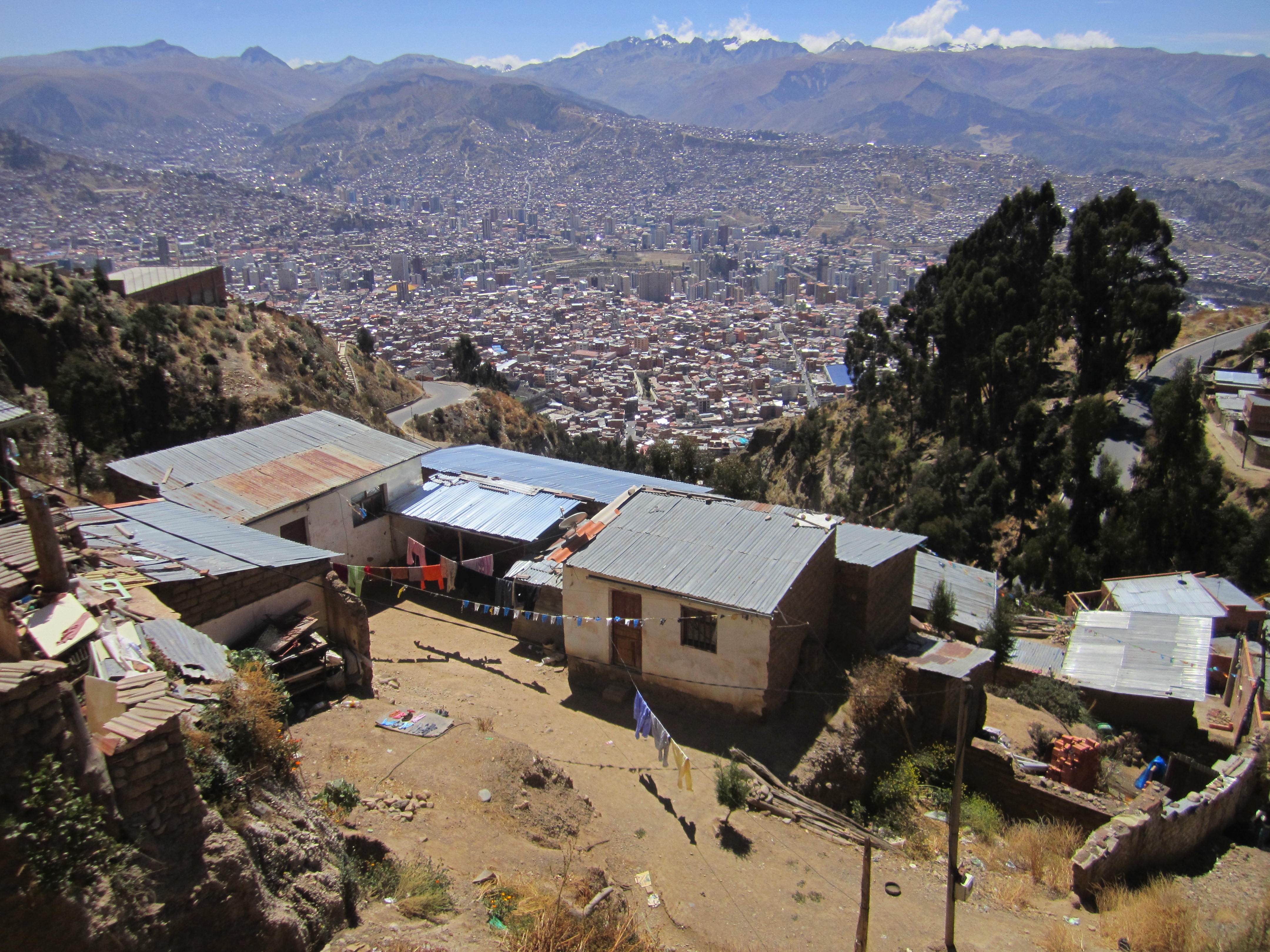
Stairs and drainage
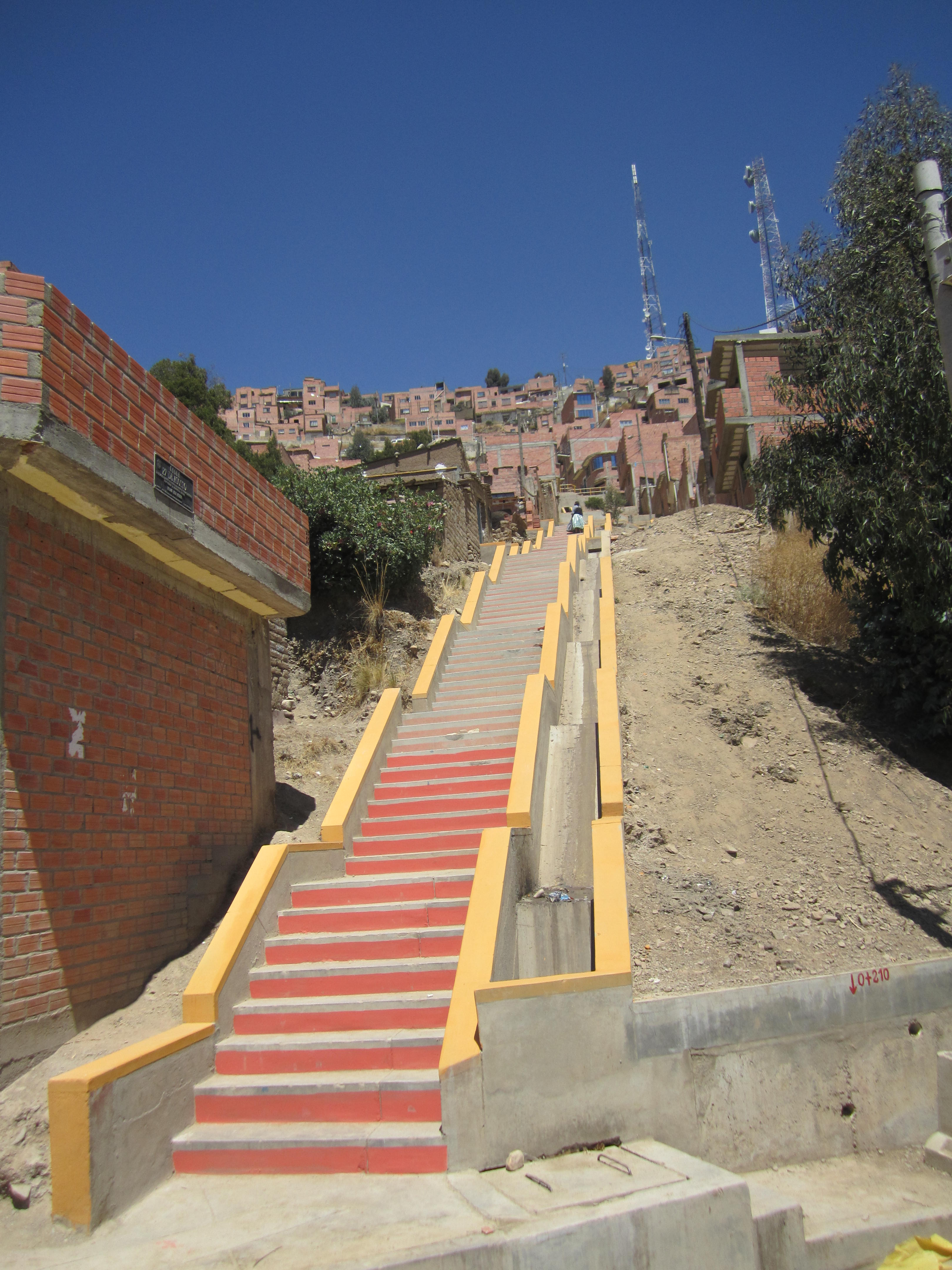
rough justice – a warning that robbery will be met harshly by the N’hors
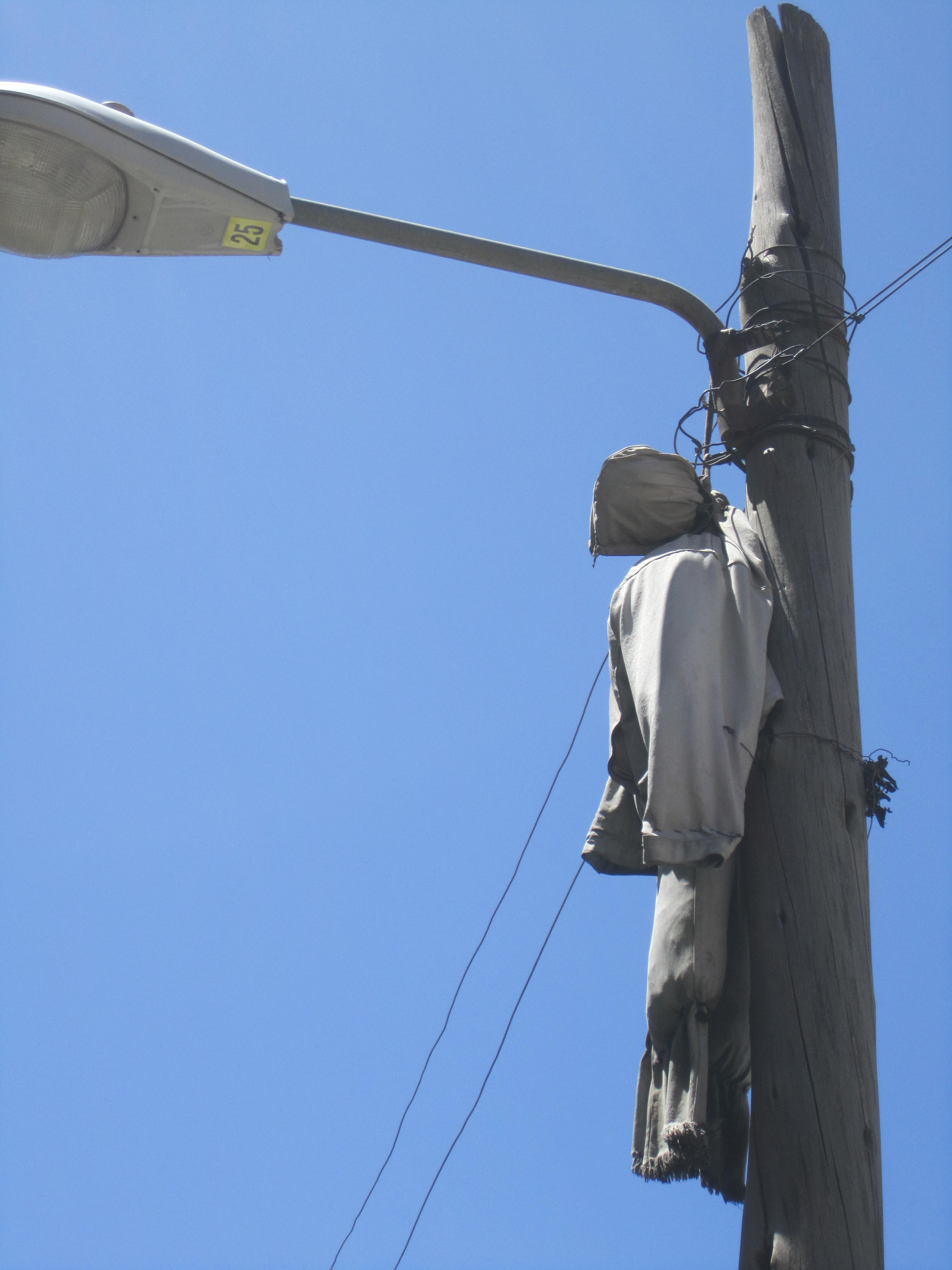
warning at the entry of El Alto
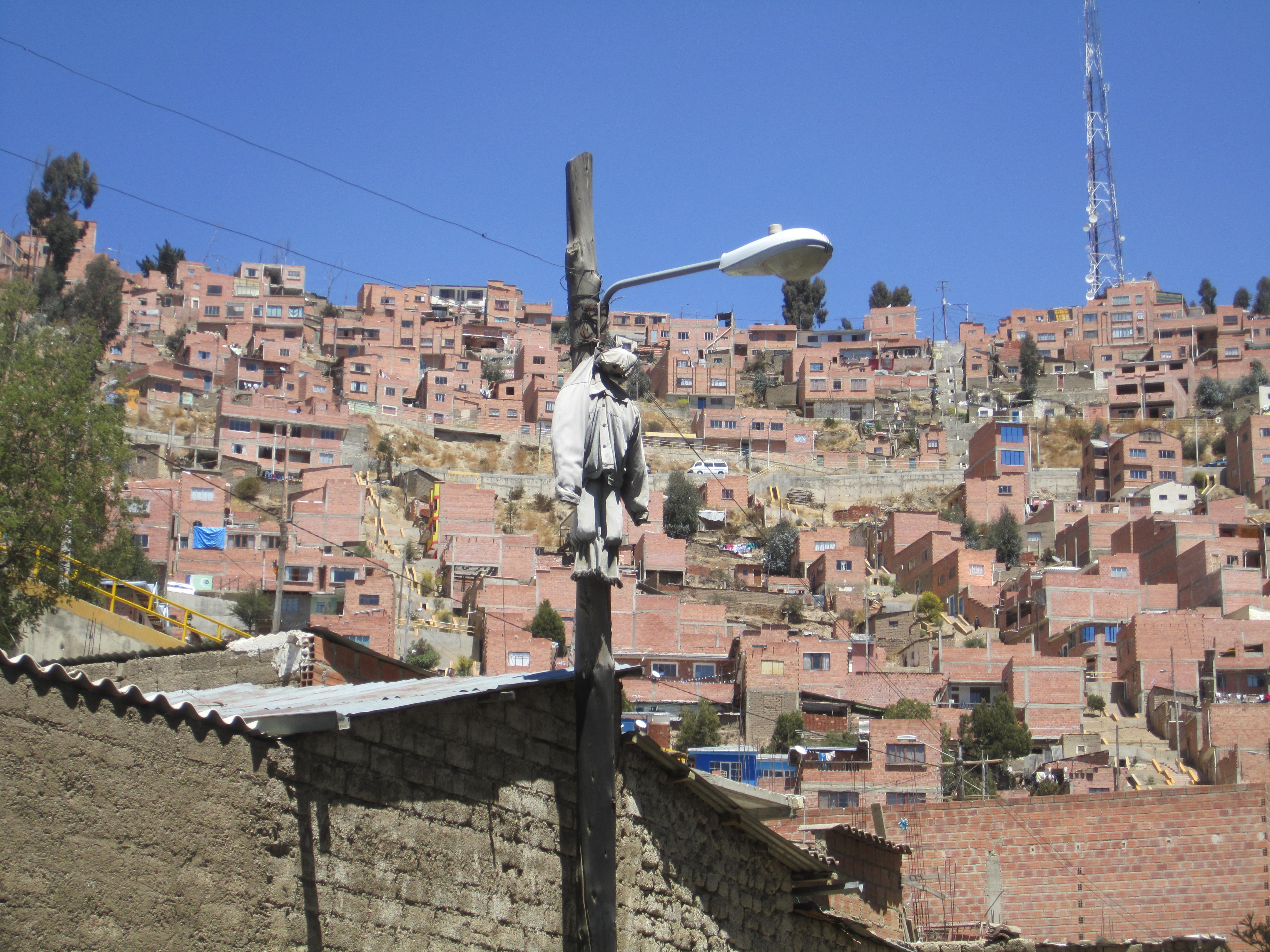
Organizers’ Forum getting on the Collective bus
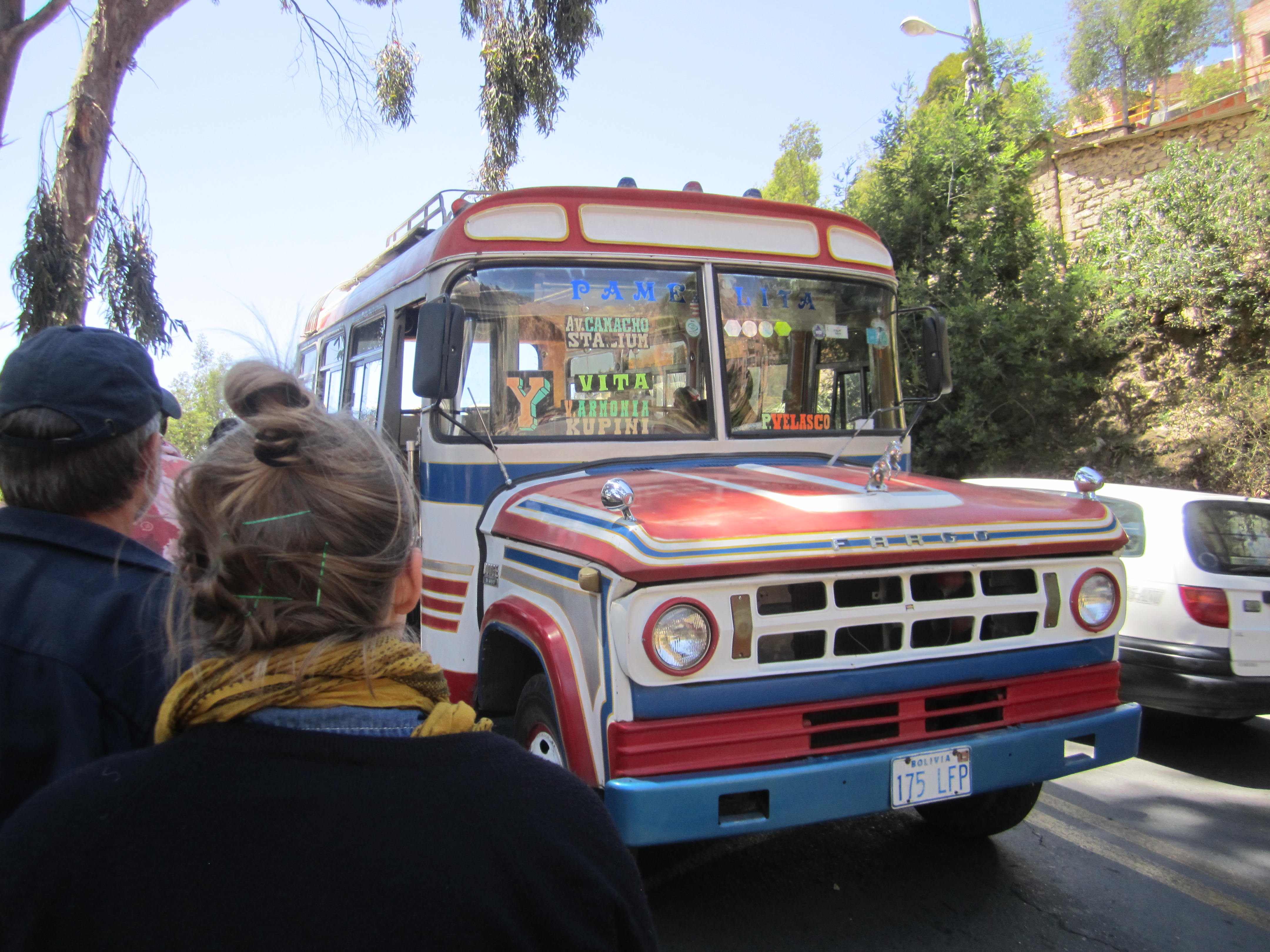
fruit market
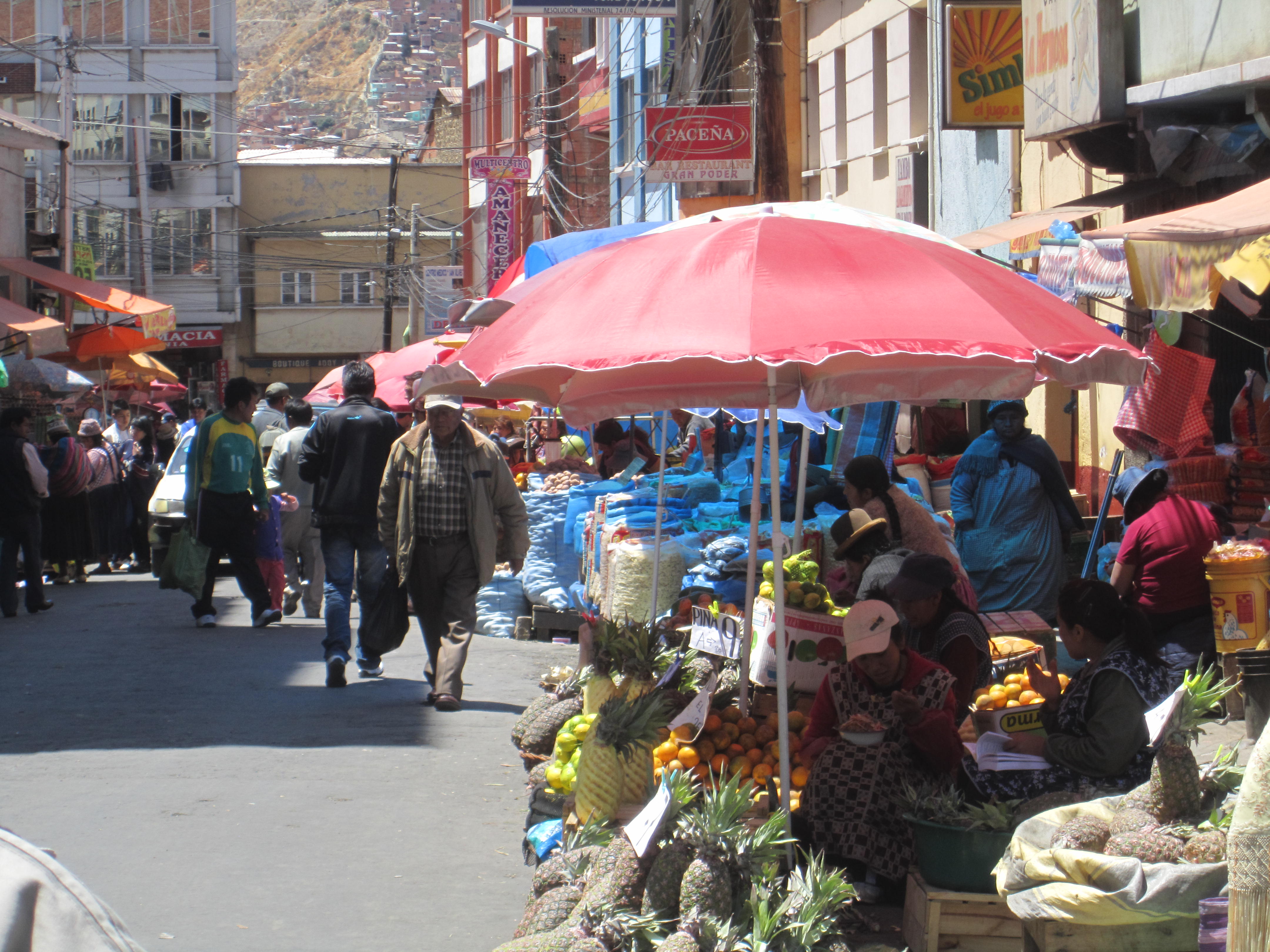
dancers for the parade
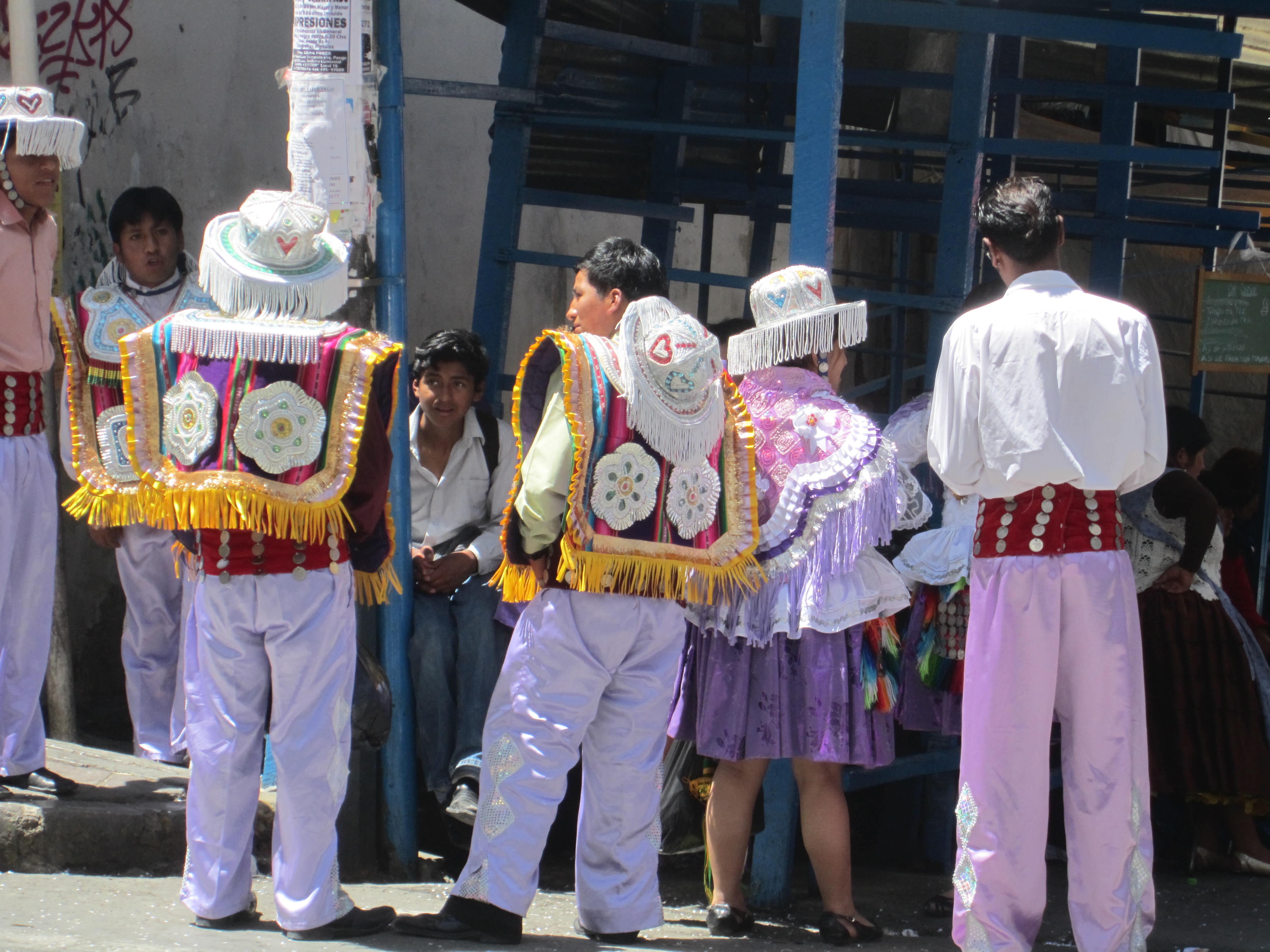
-
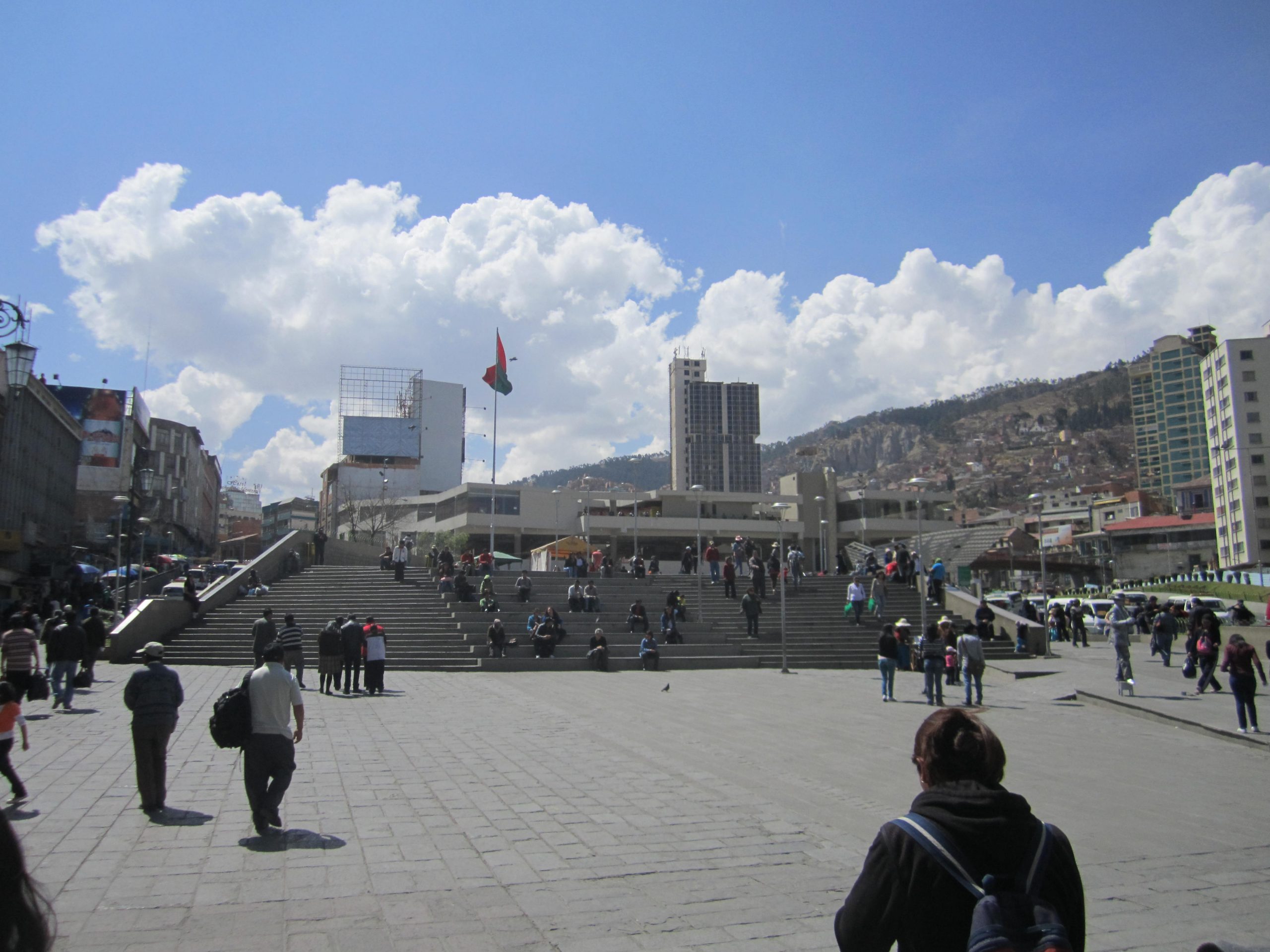
ACORN International on the Organizers’ Forum Trip to La Paz, Bolivia
Municipal Plaza
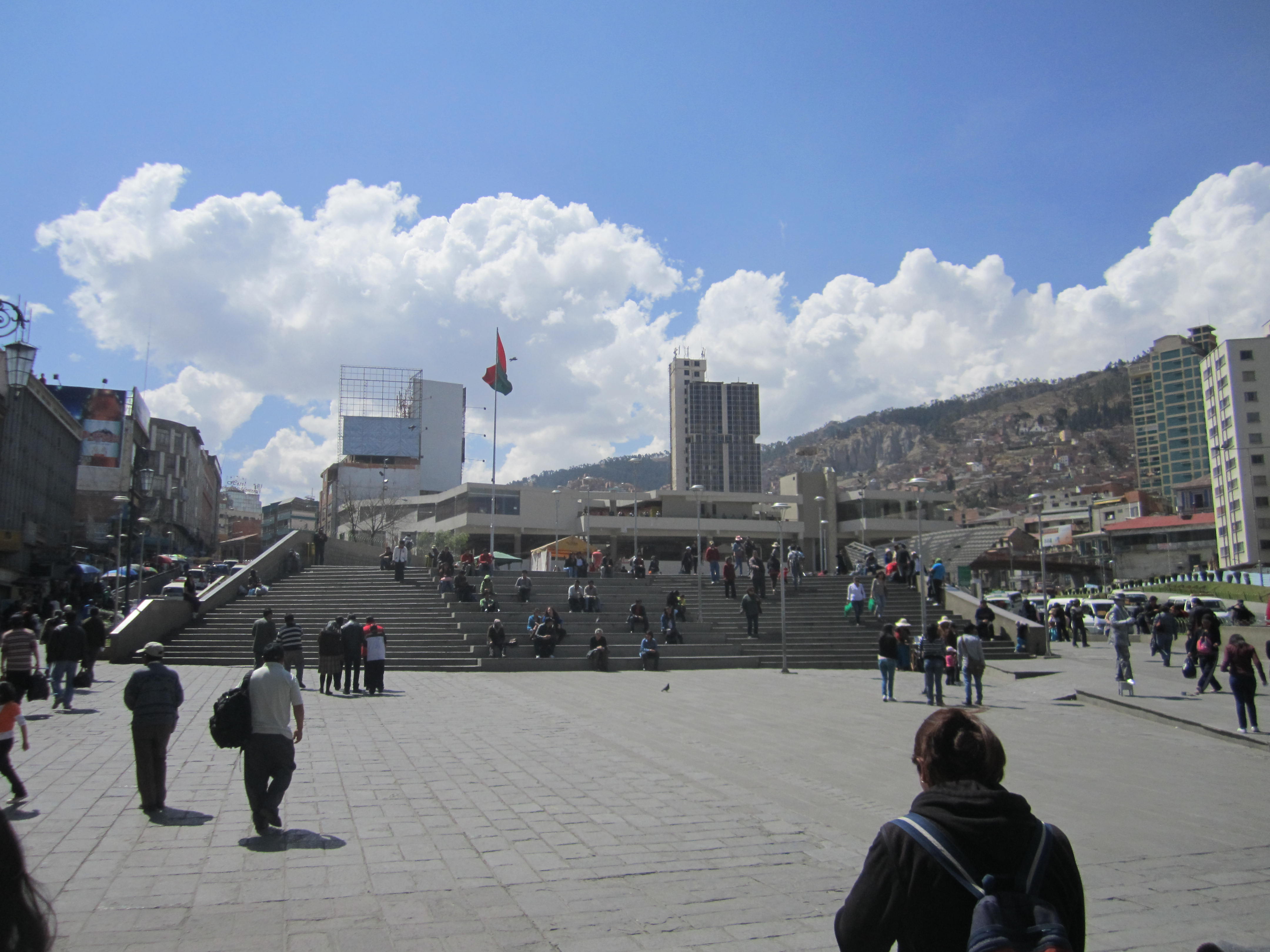
Murals in the Plaza


Views of the Rise
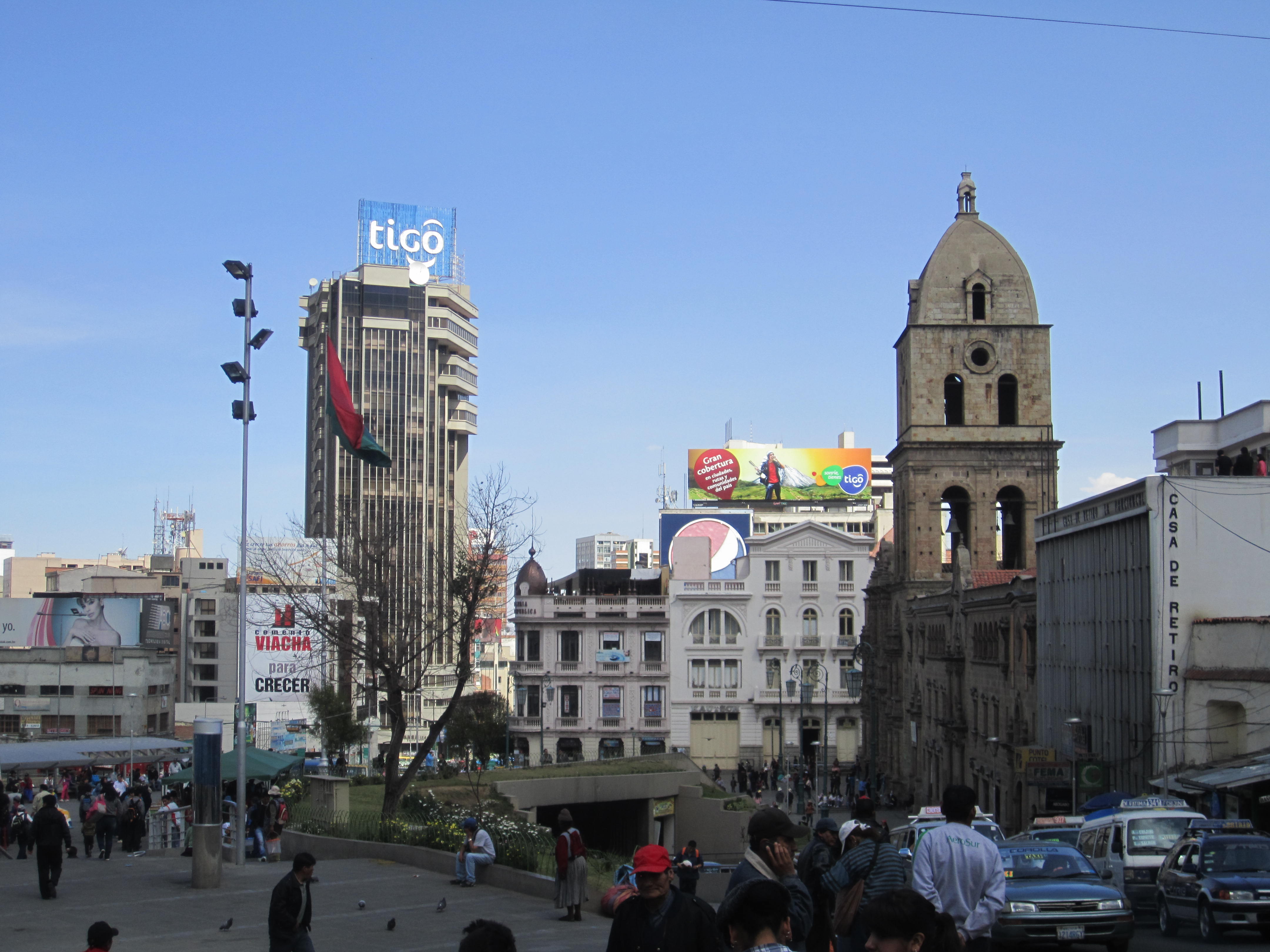
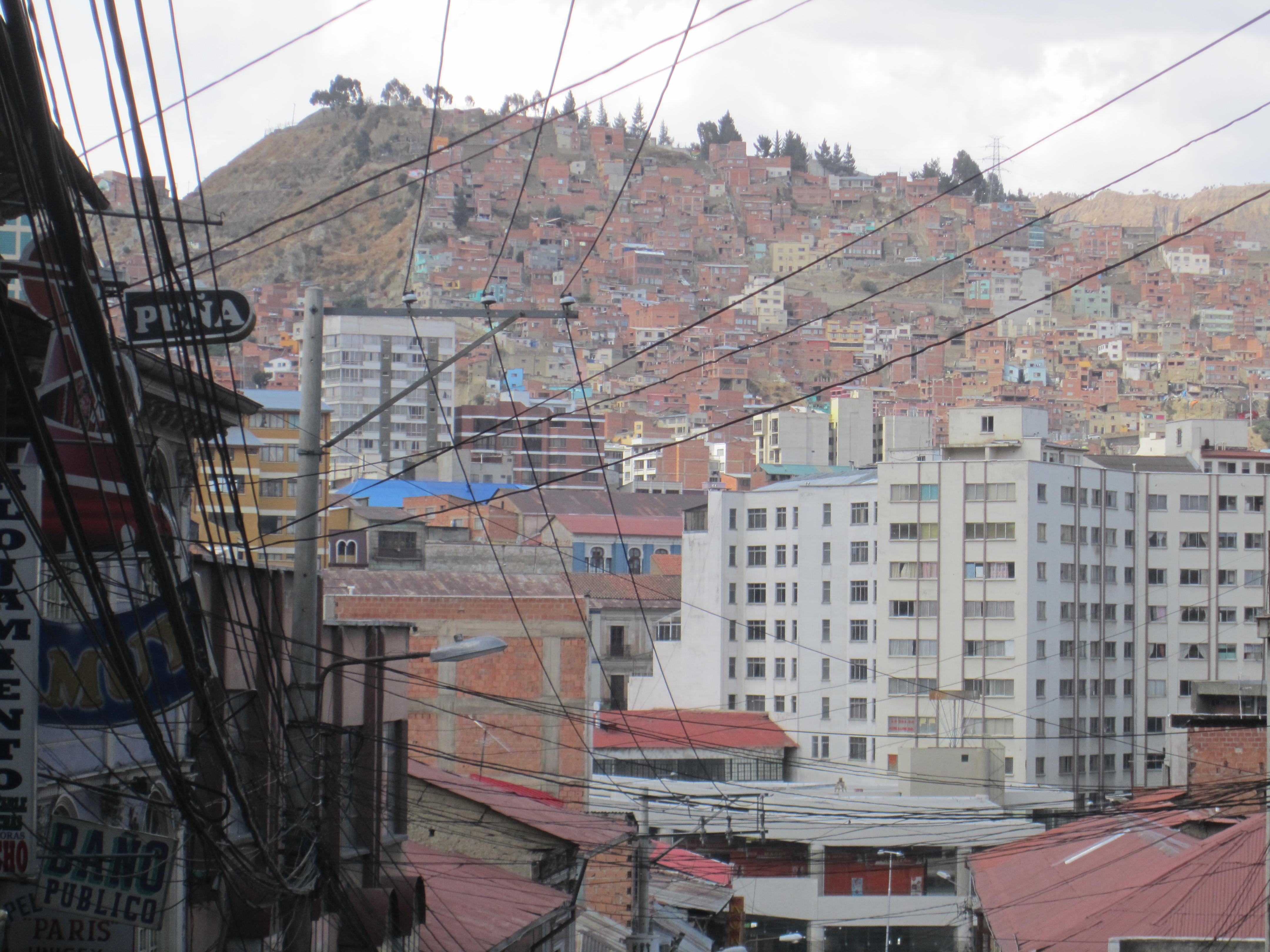
Street Vendors
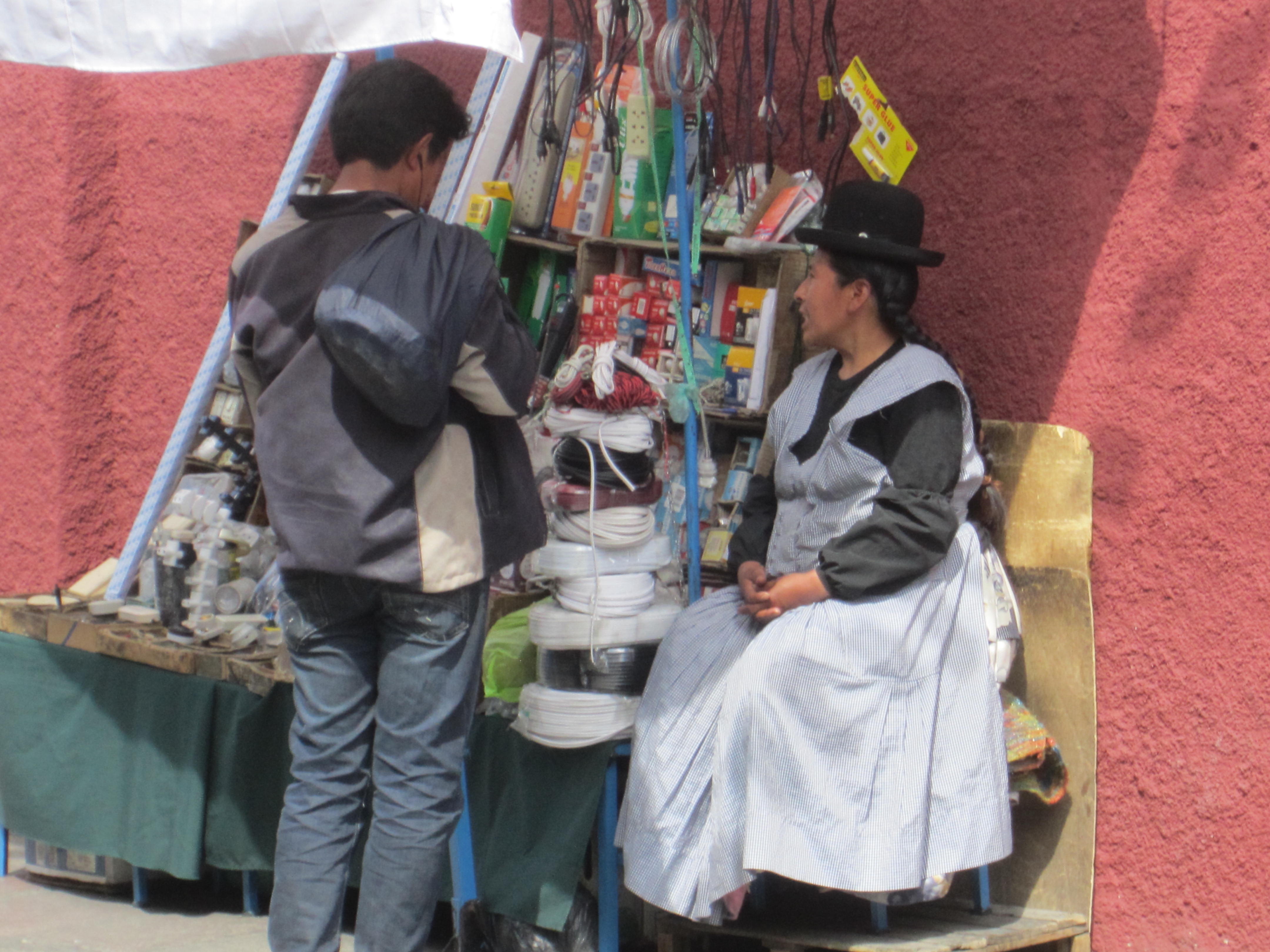
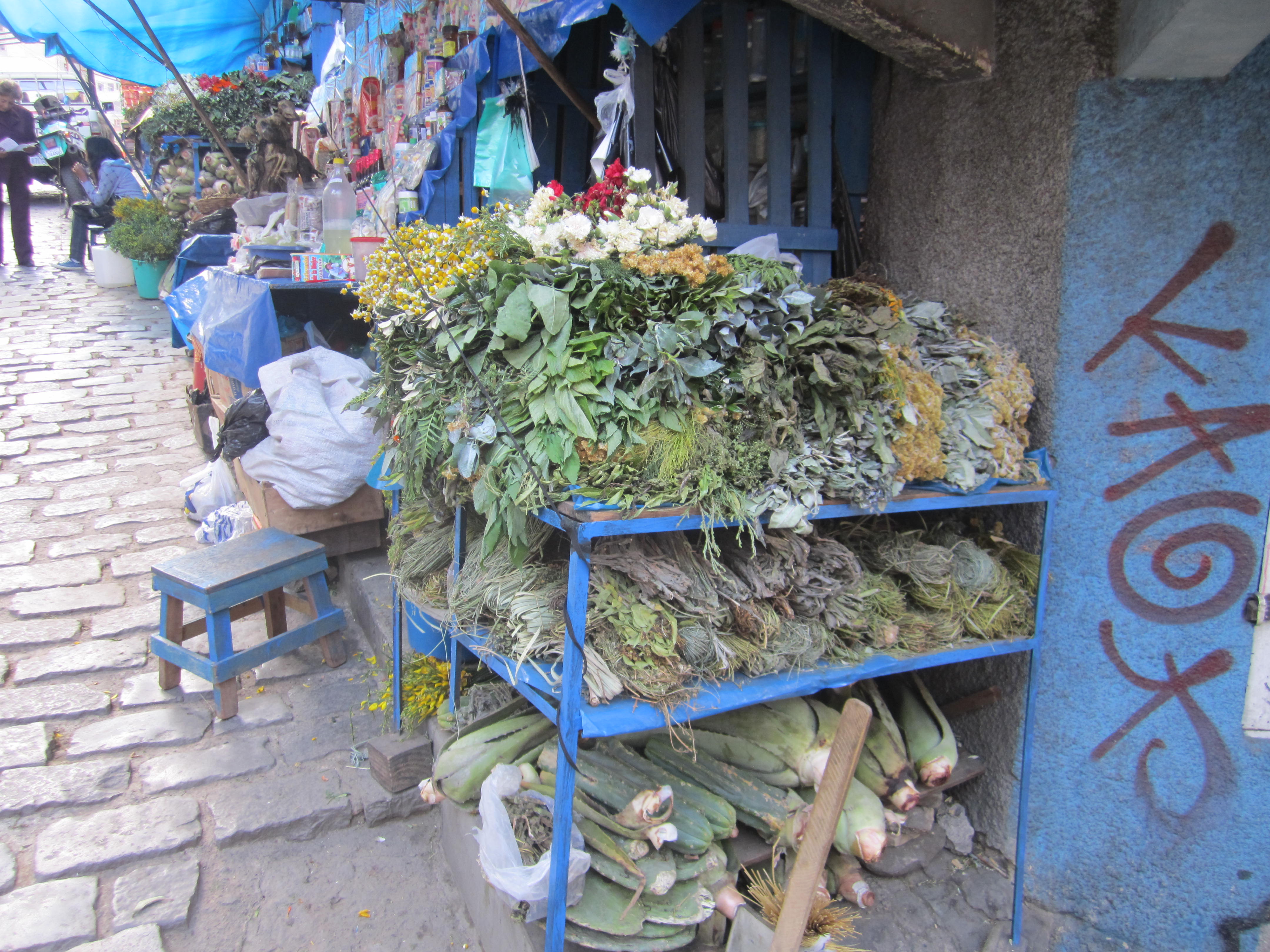
Street Nap
